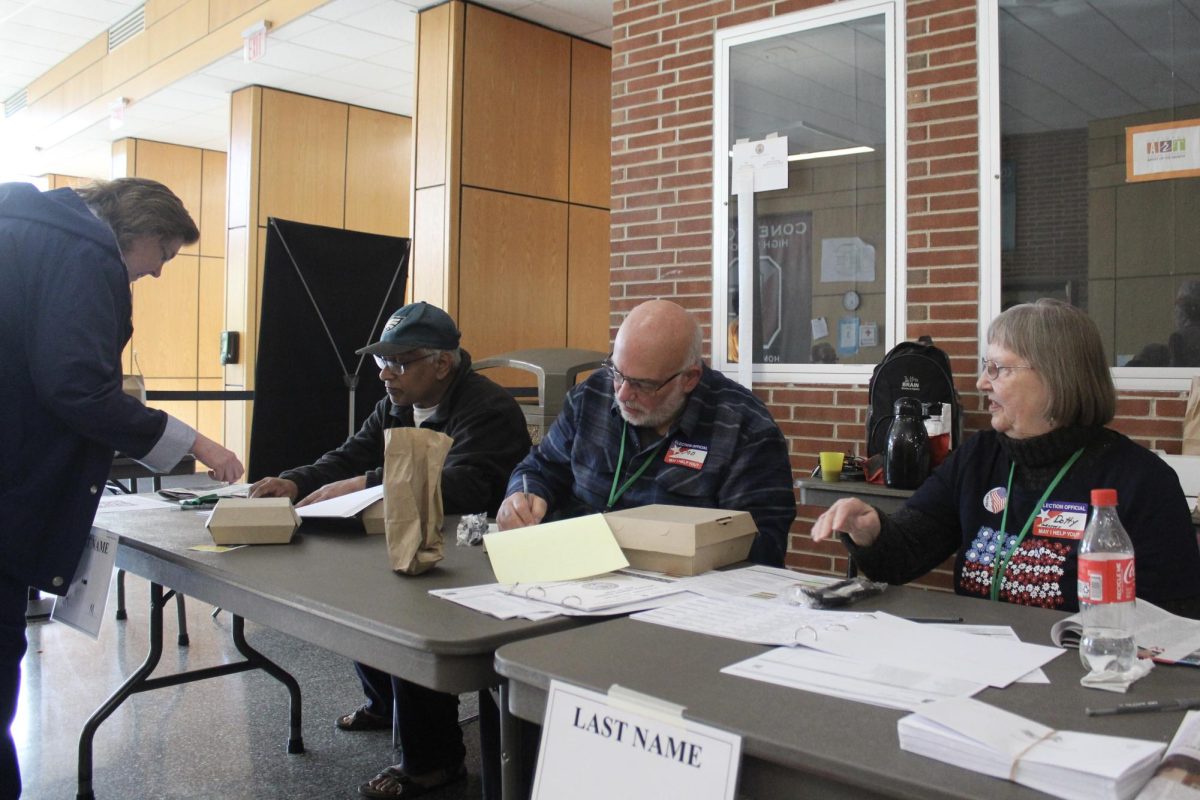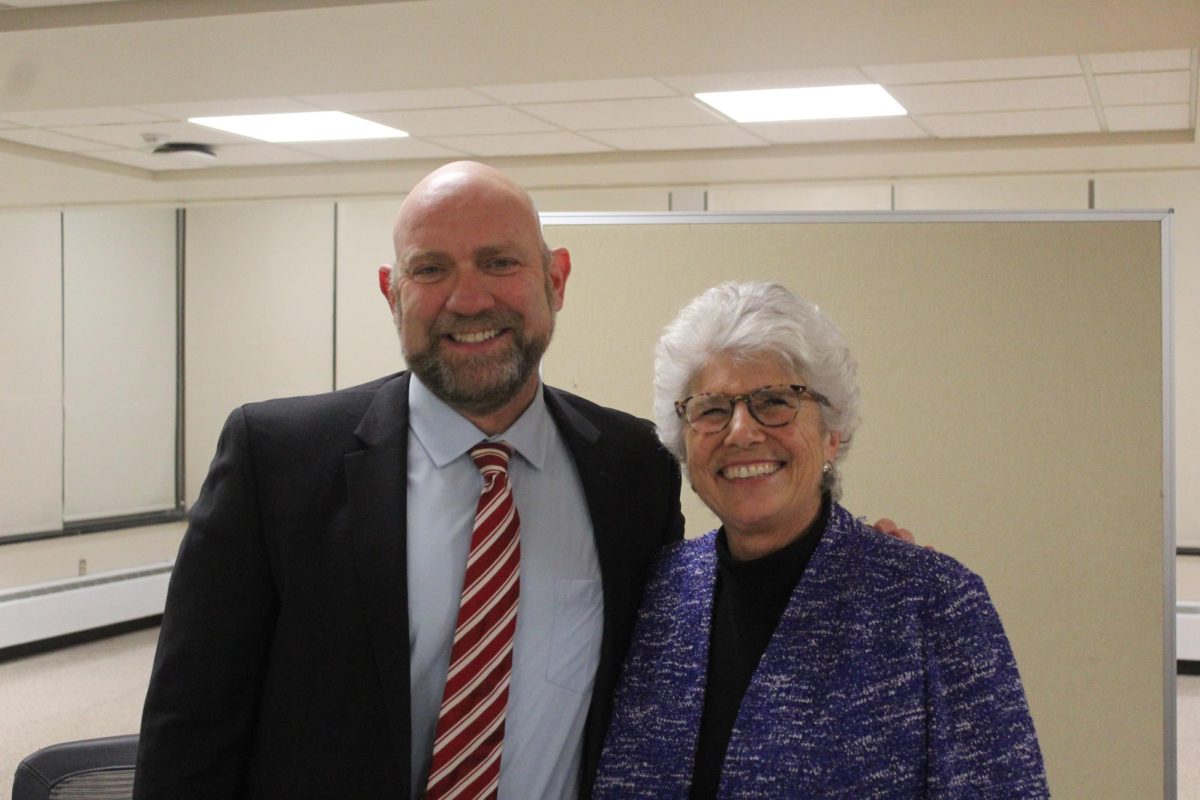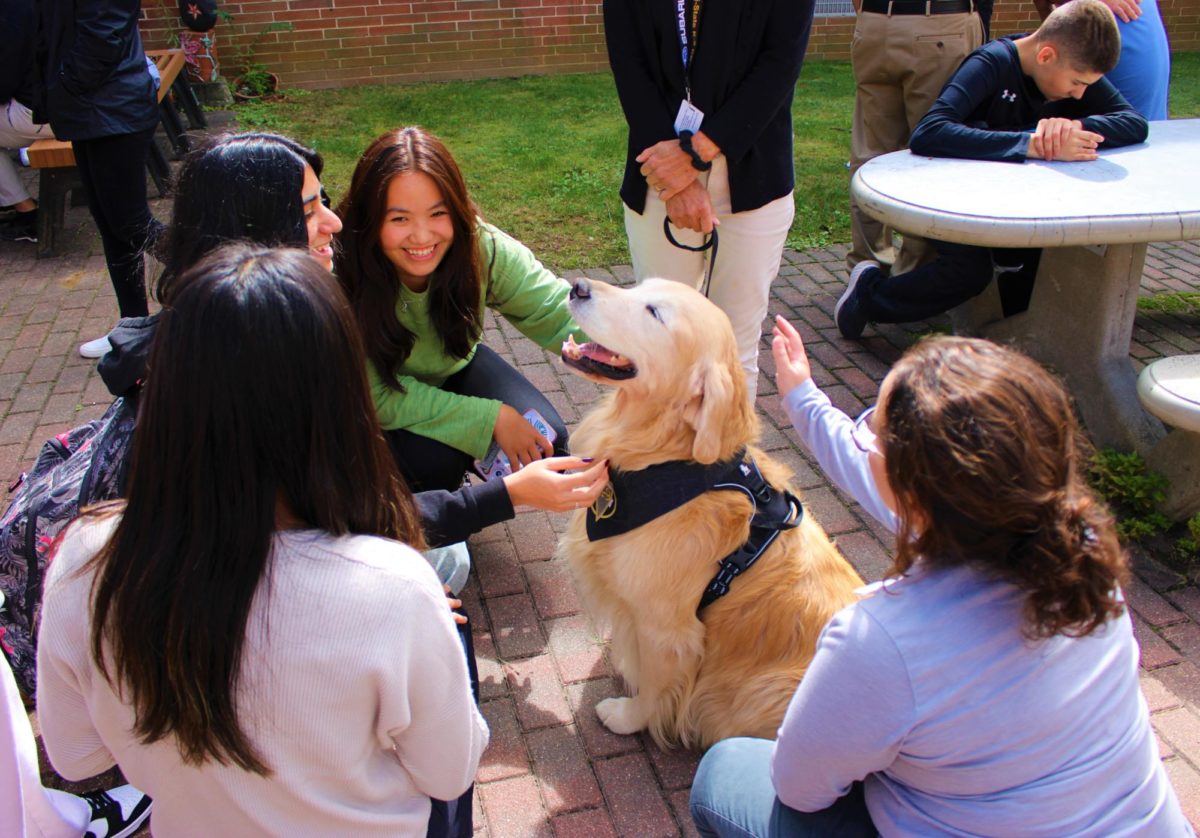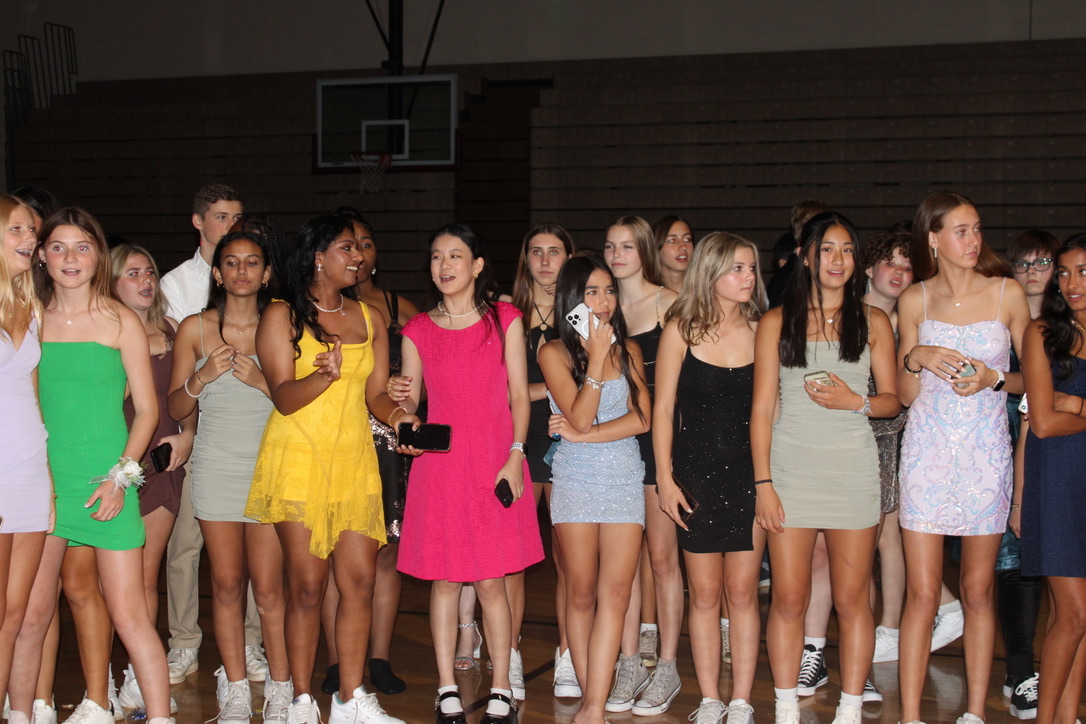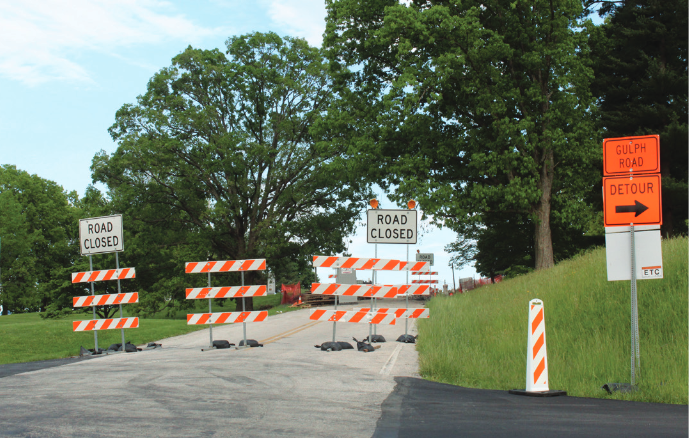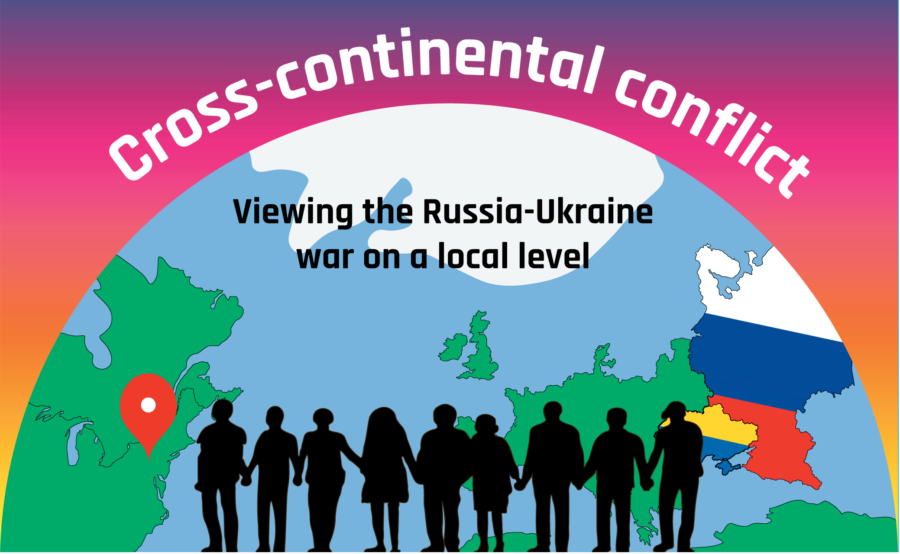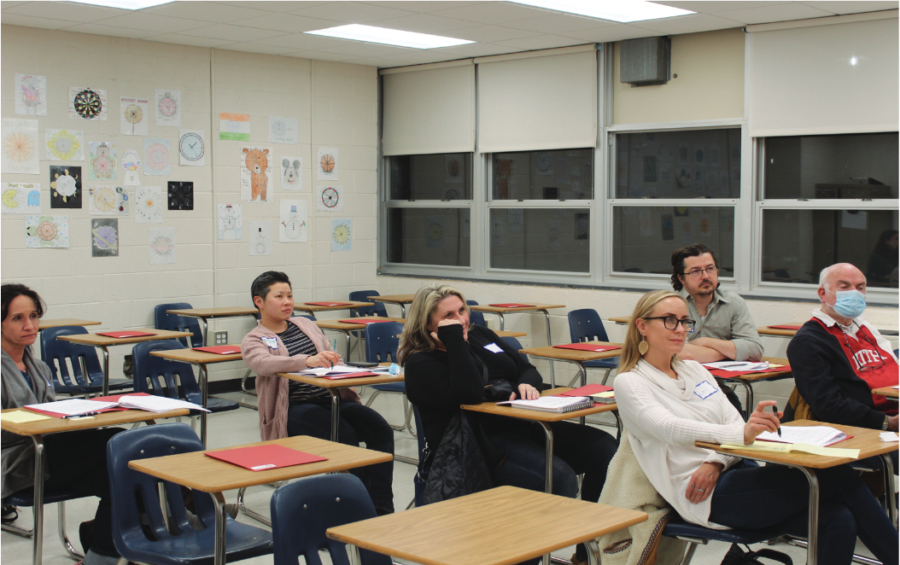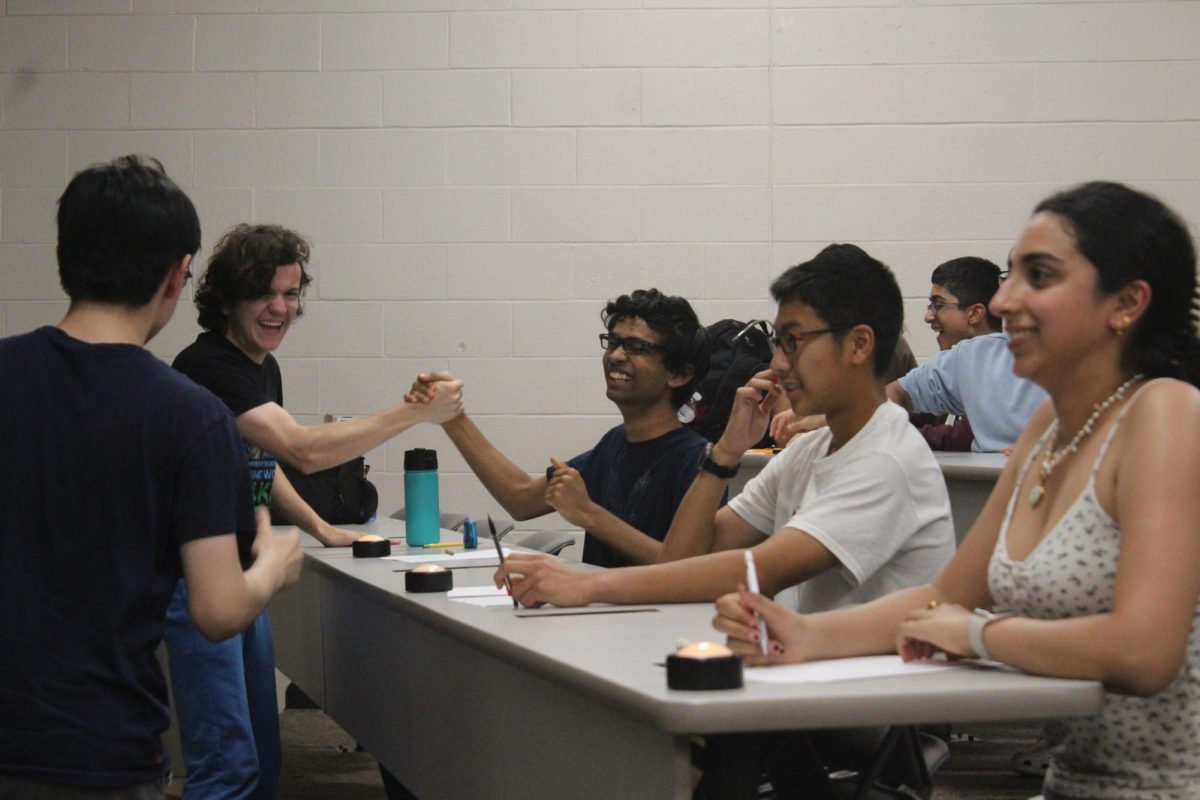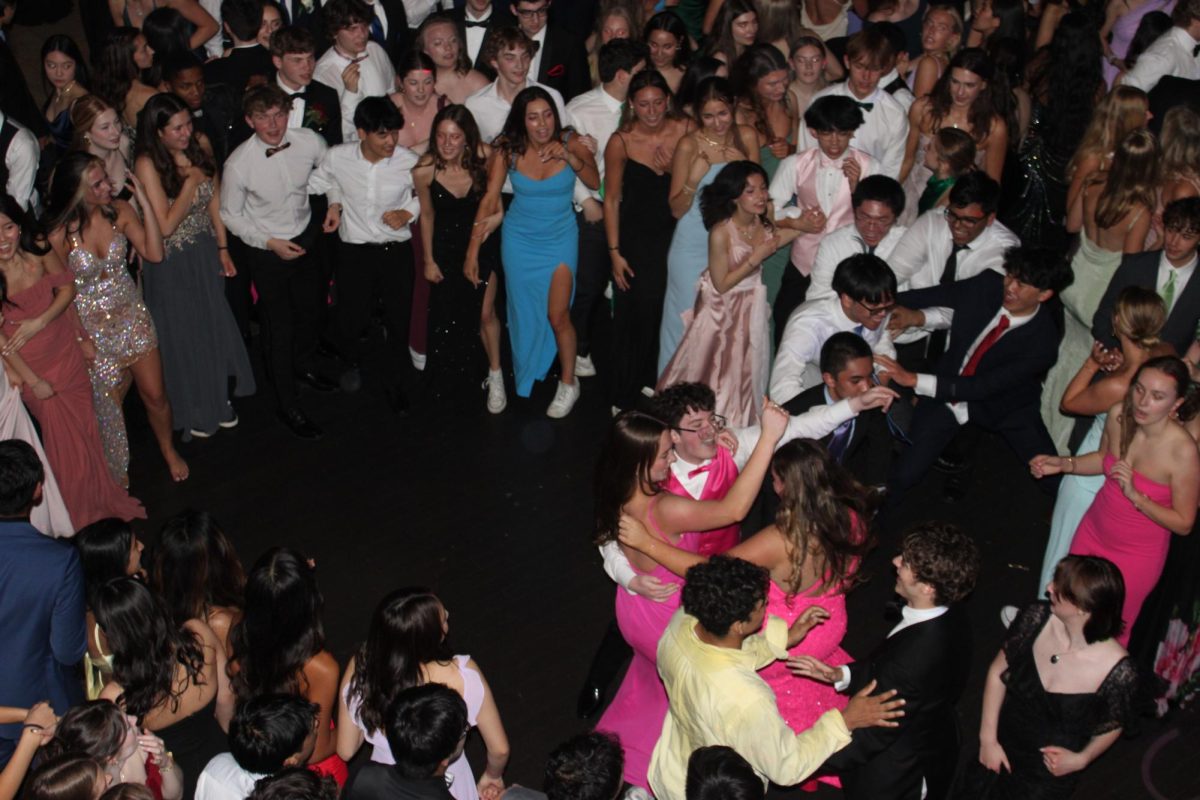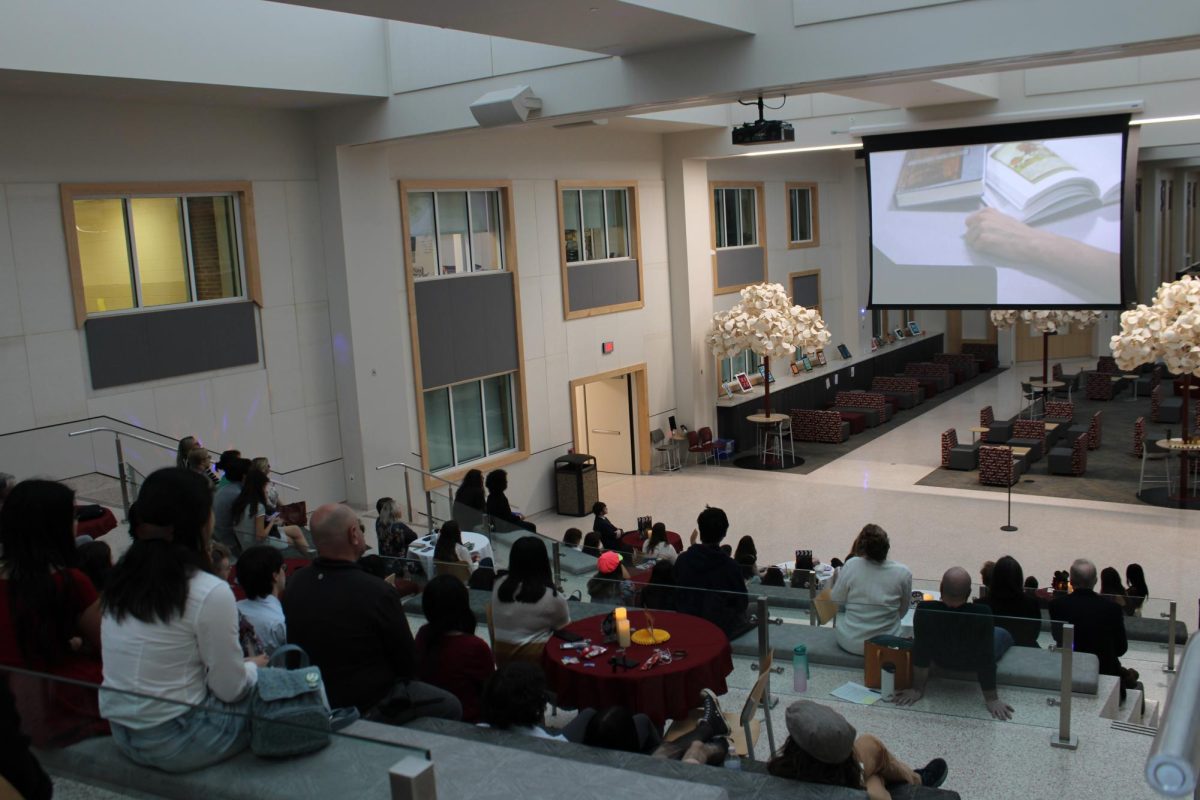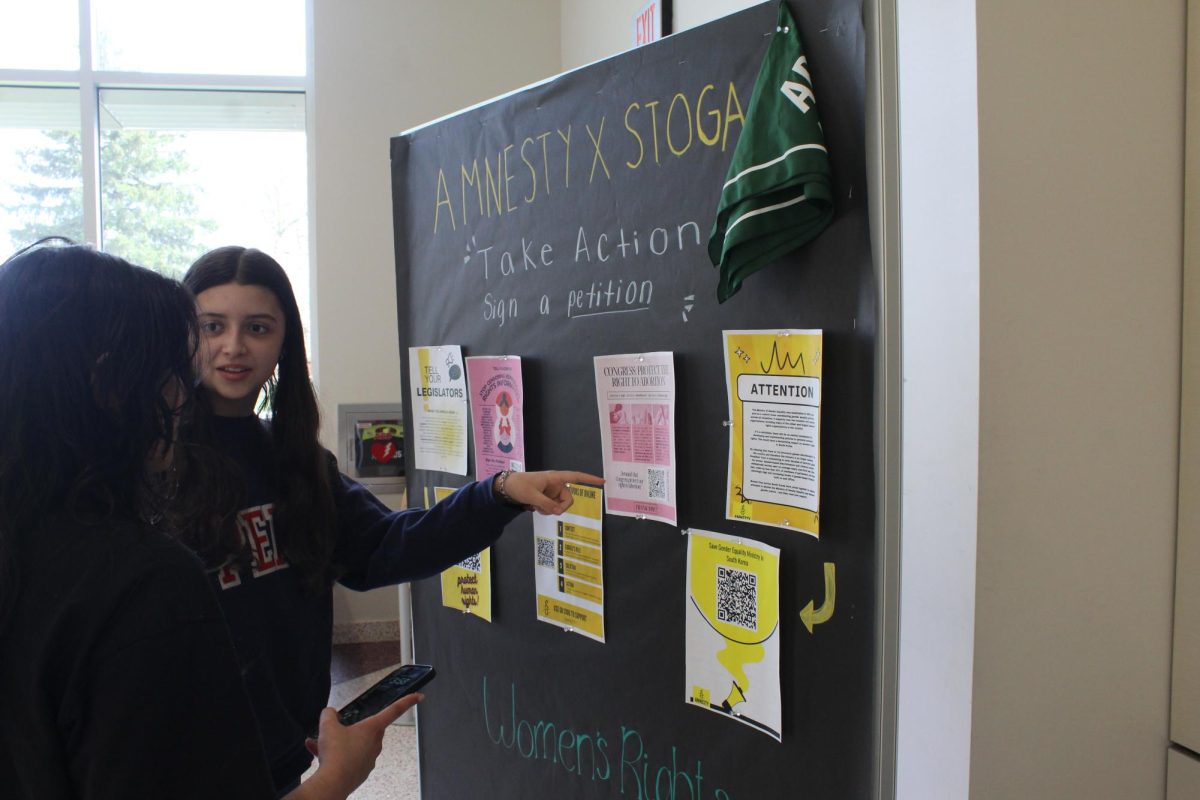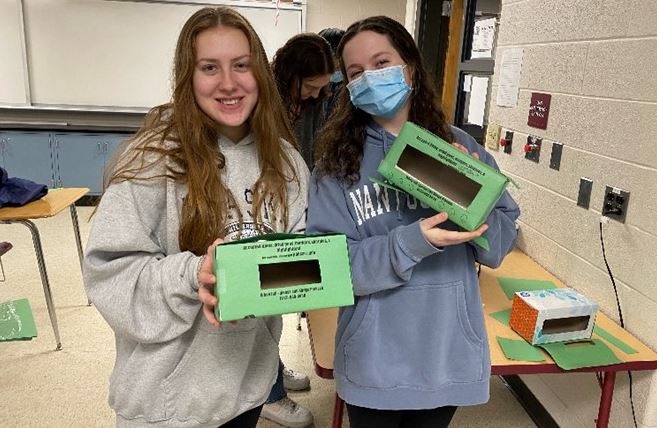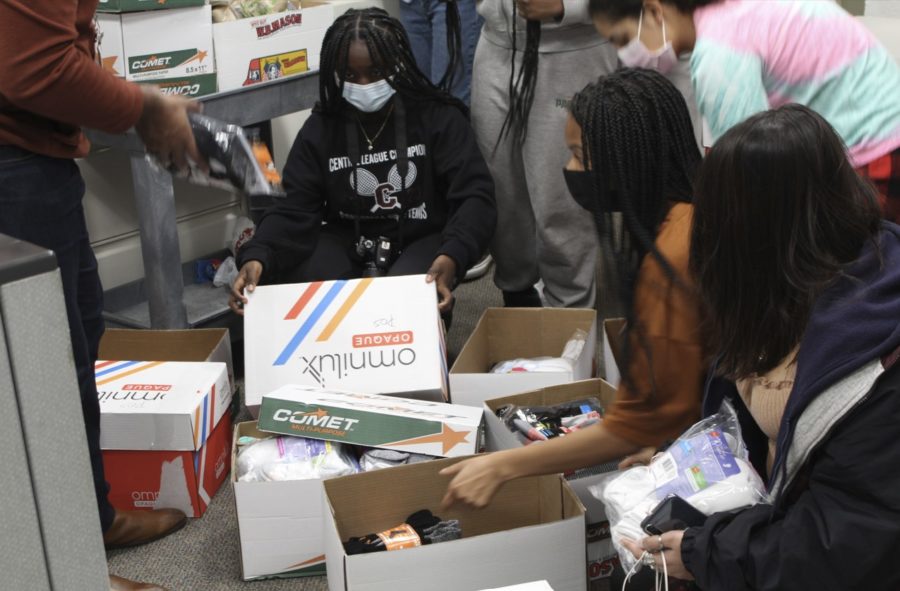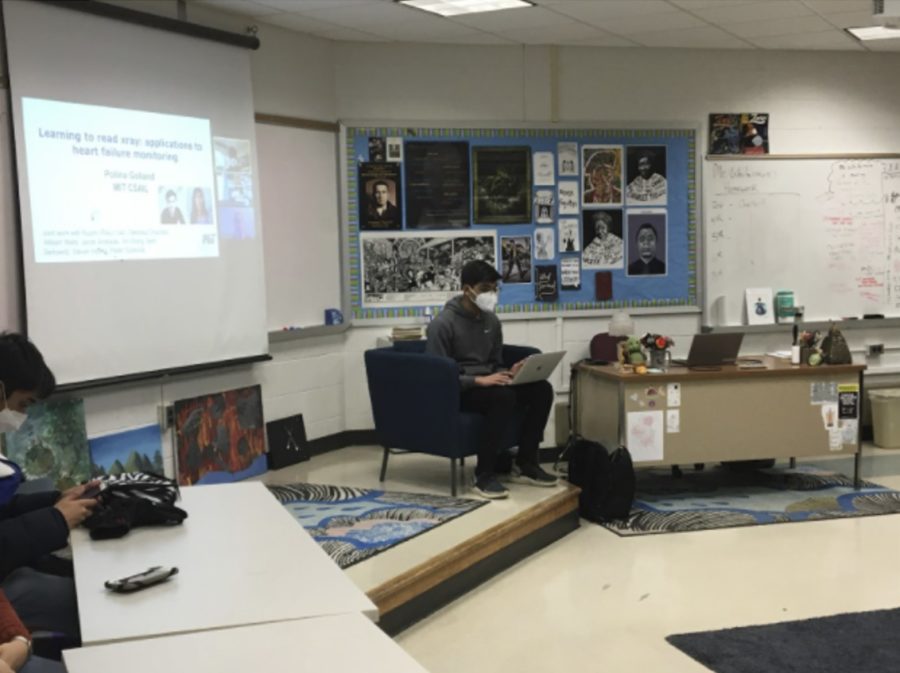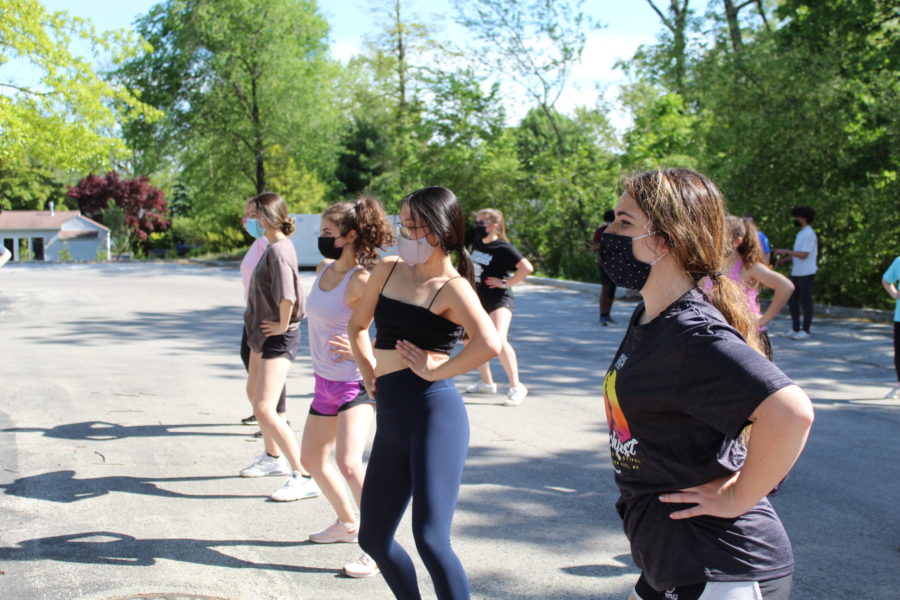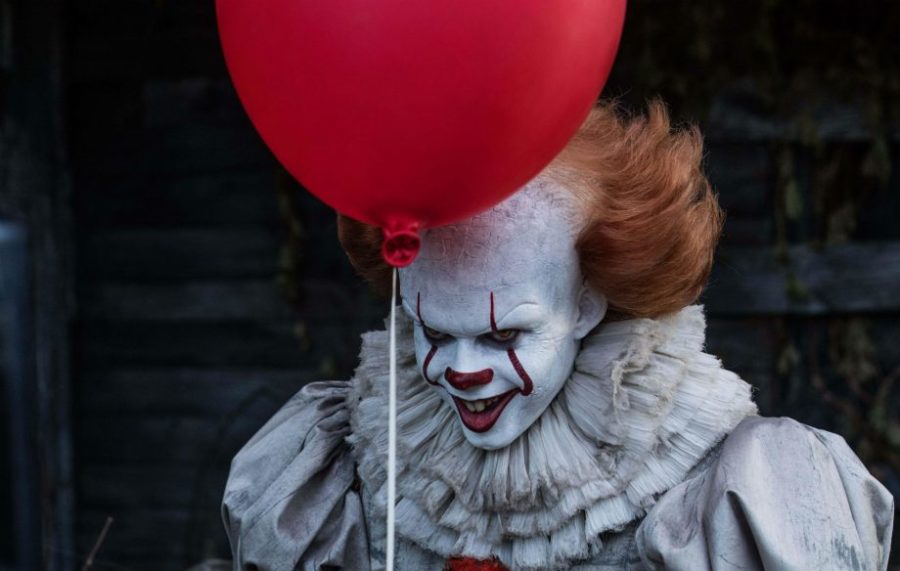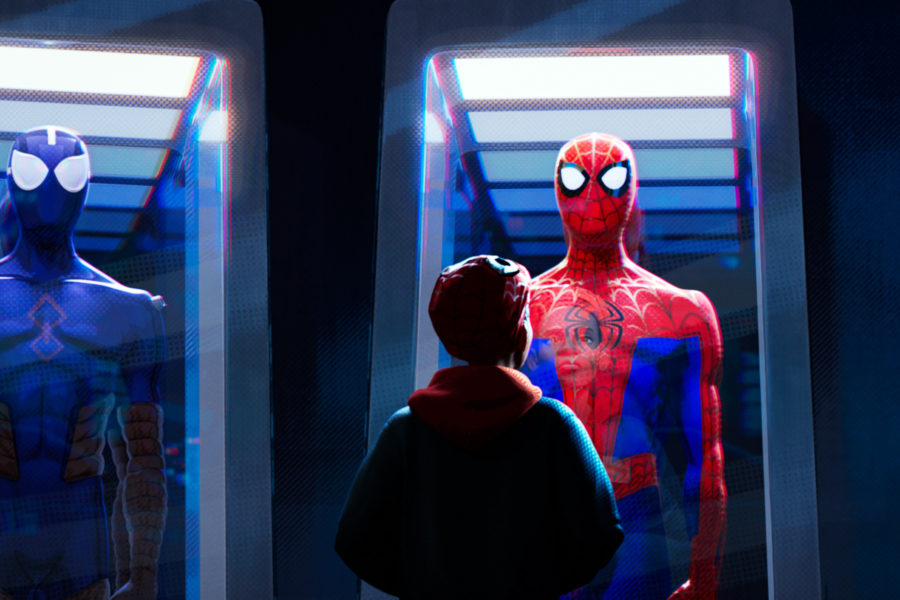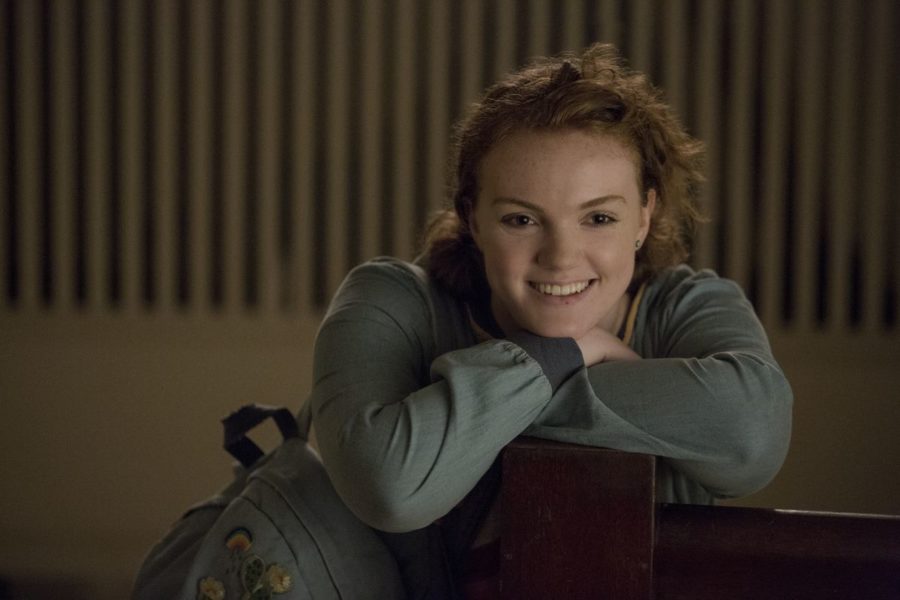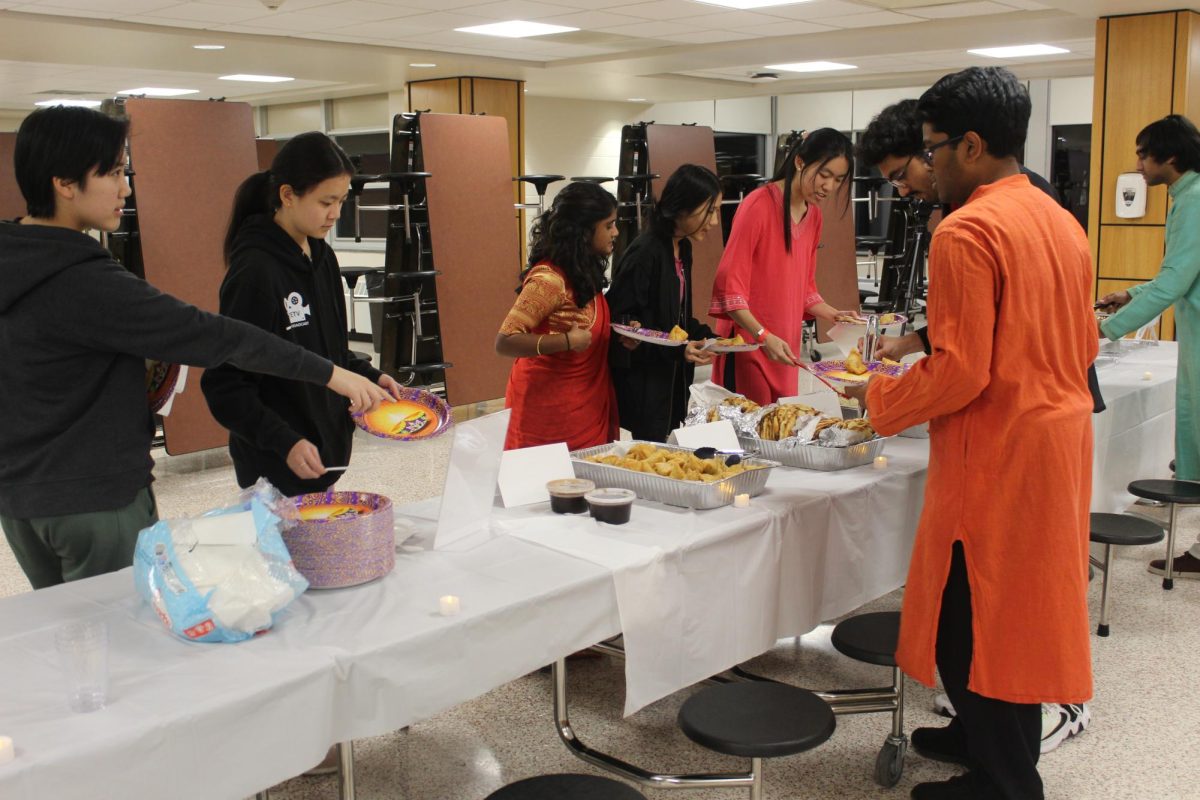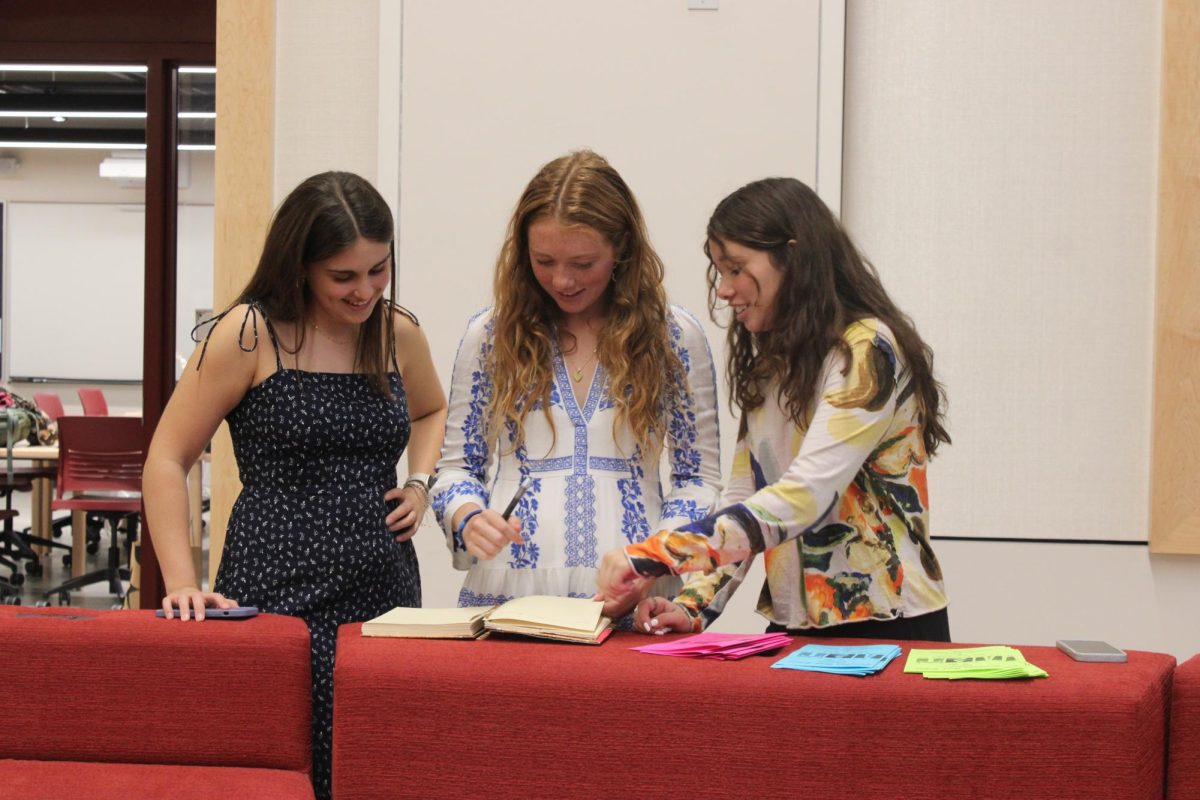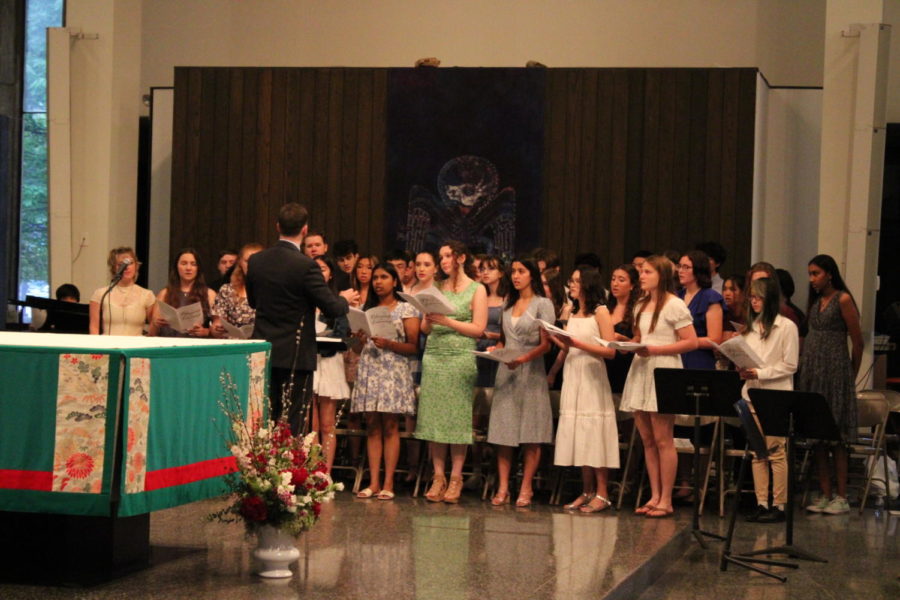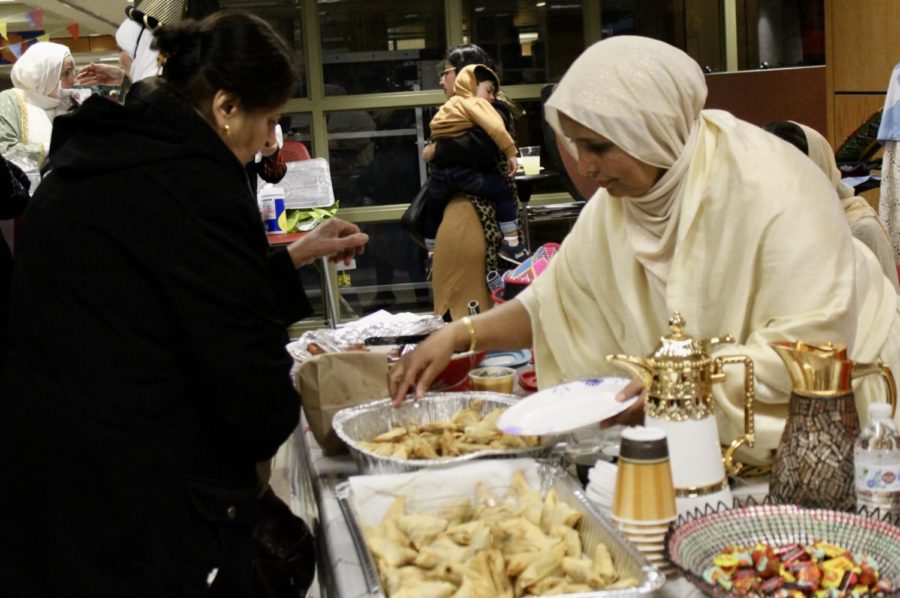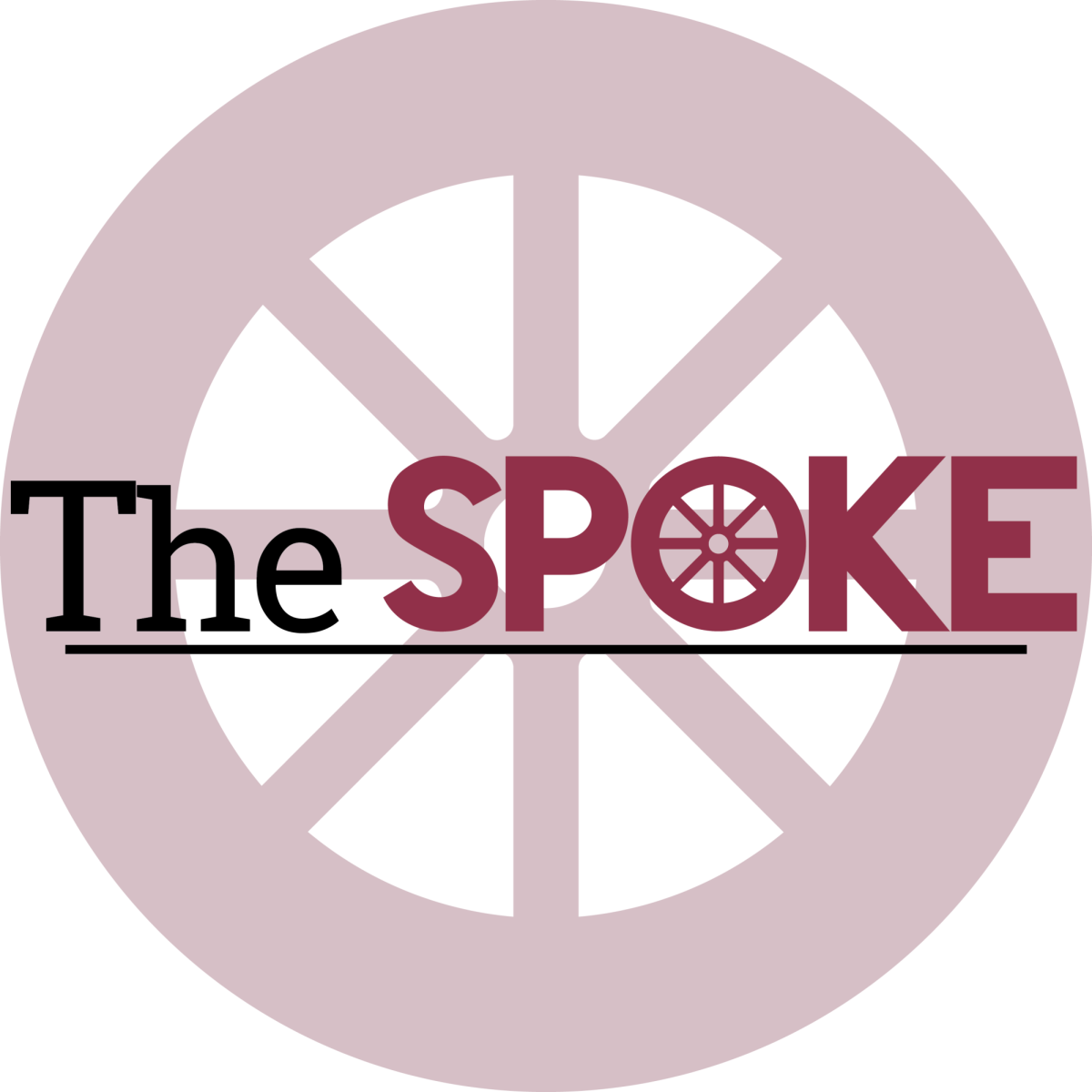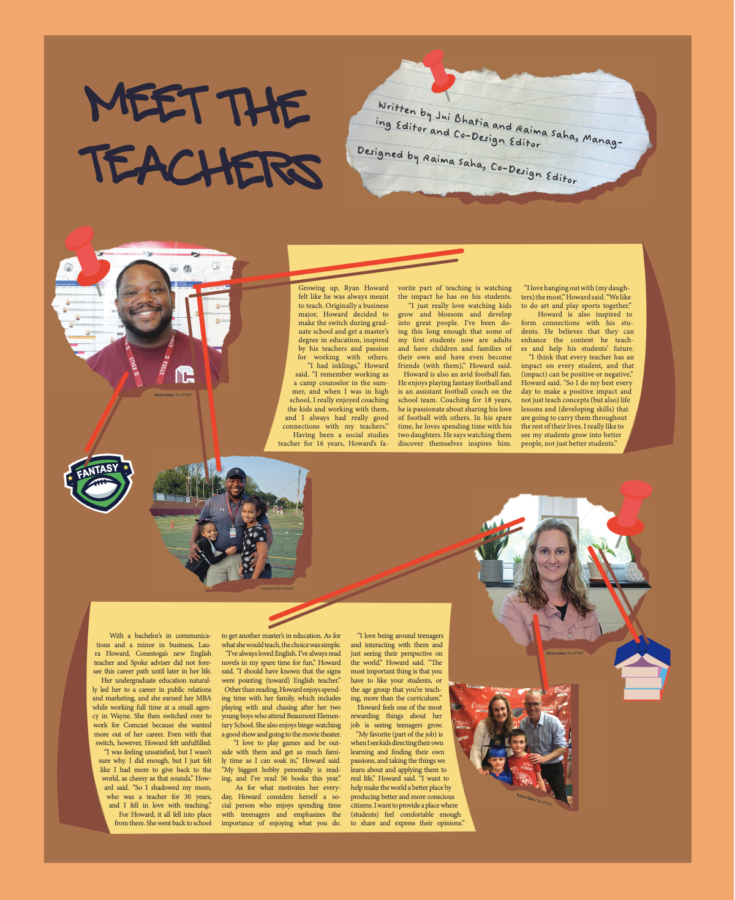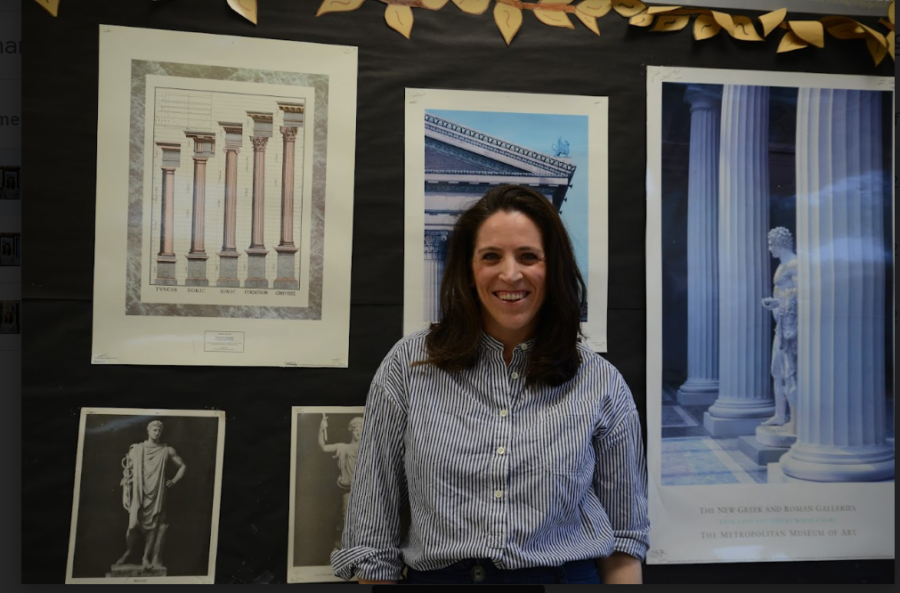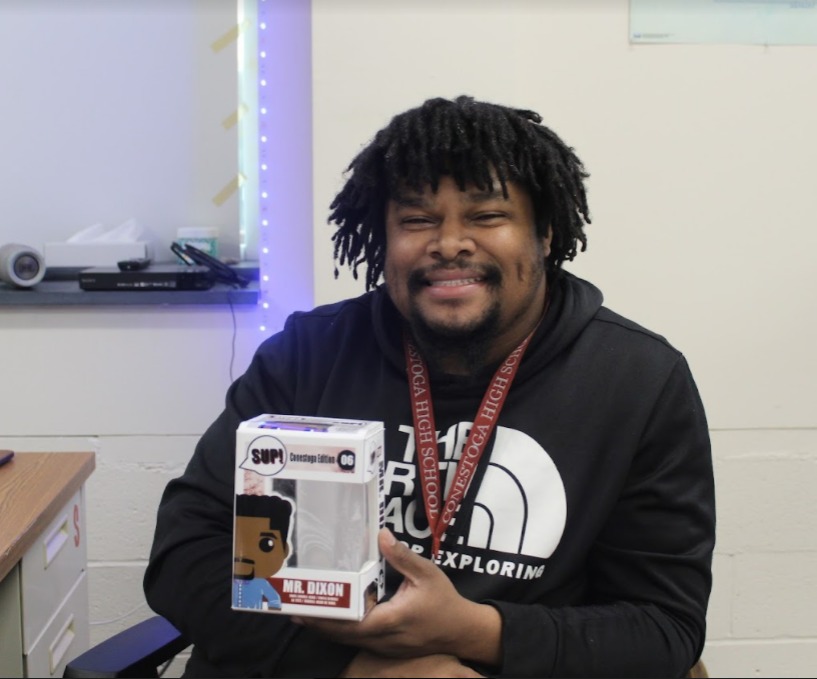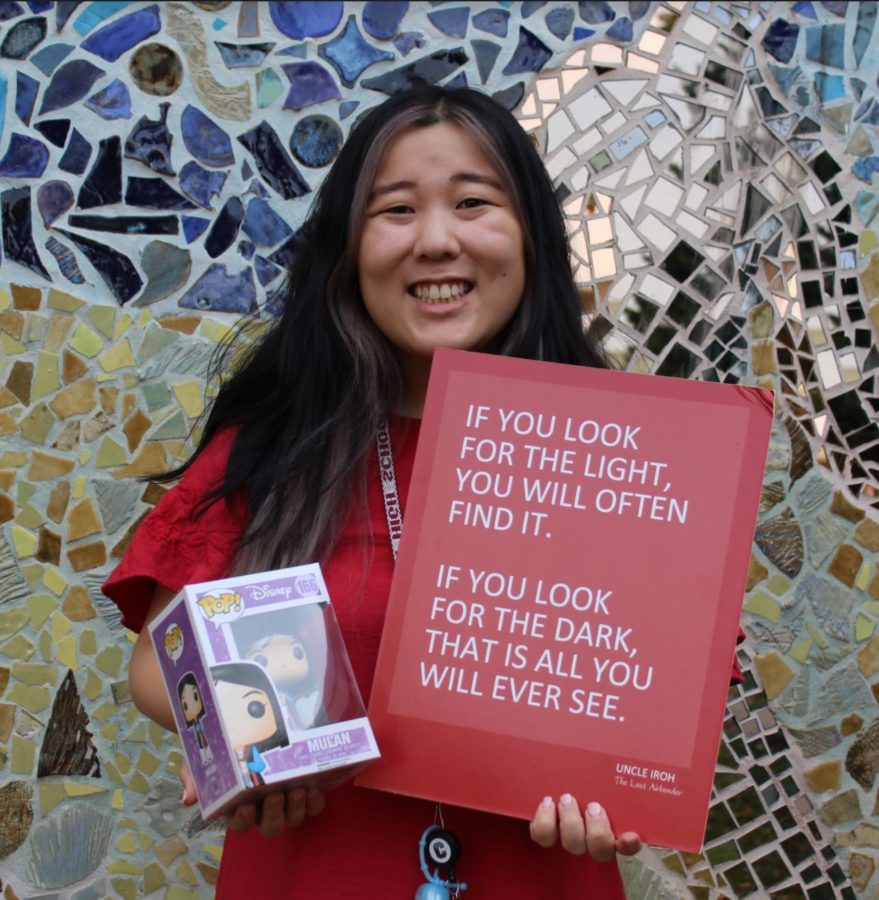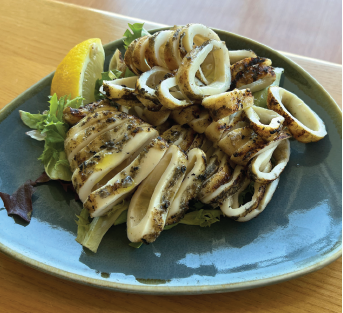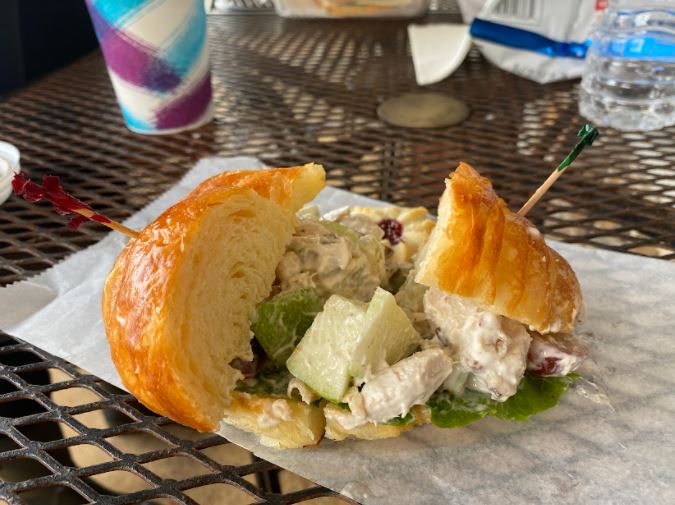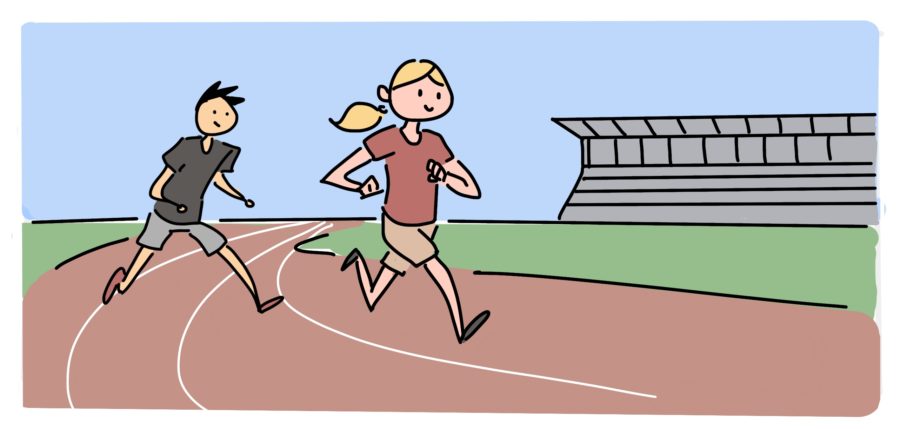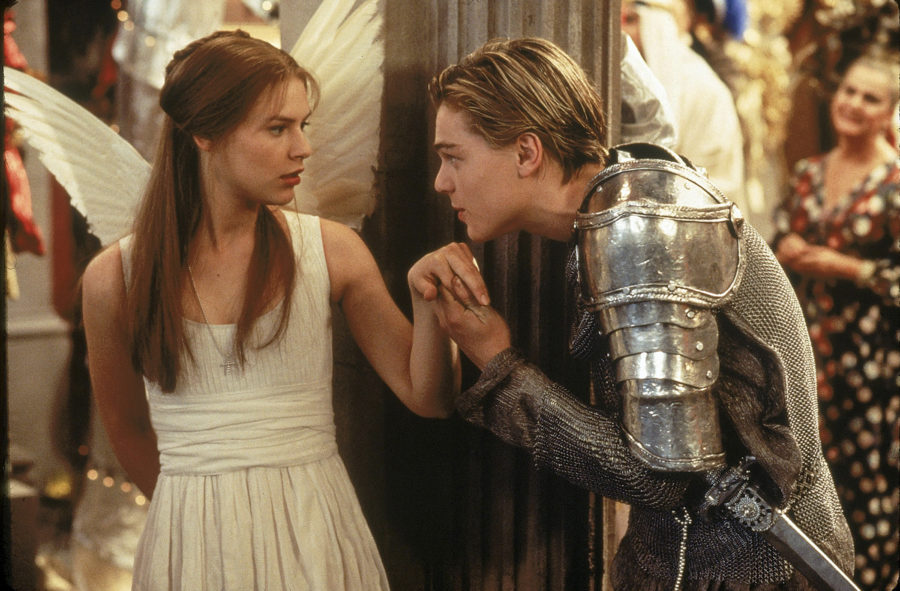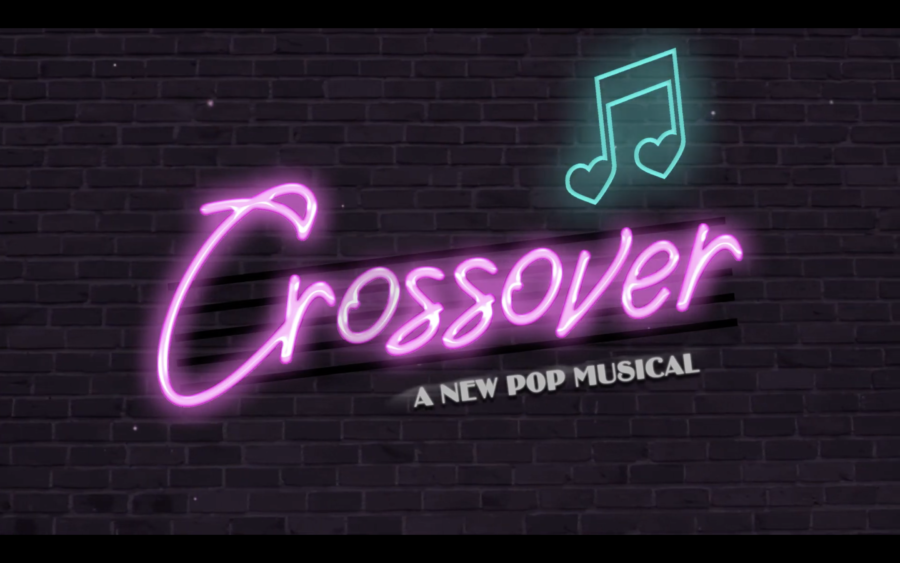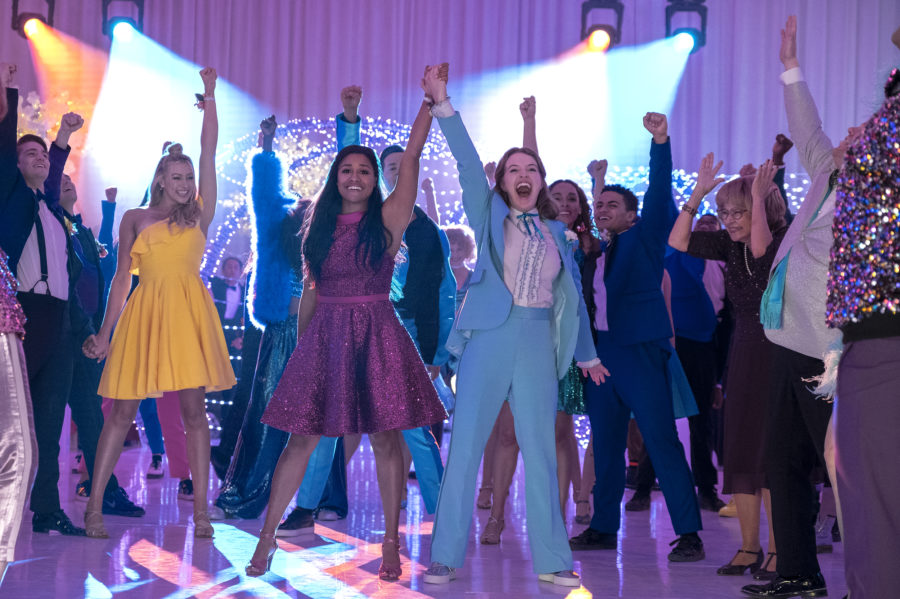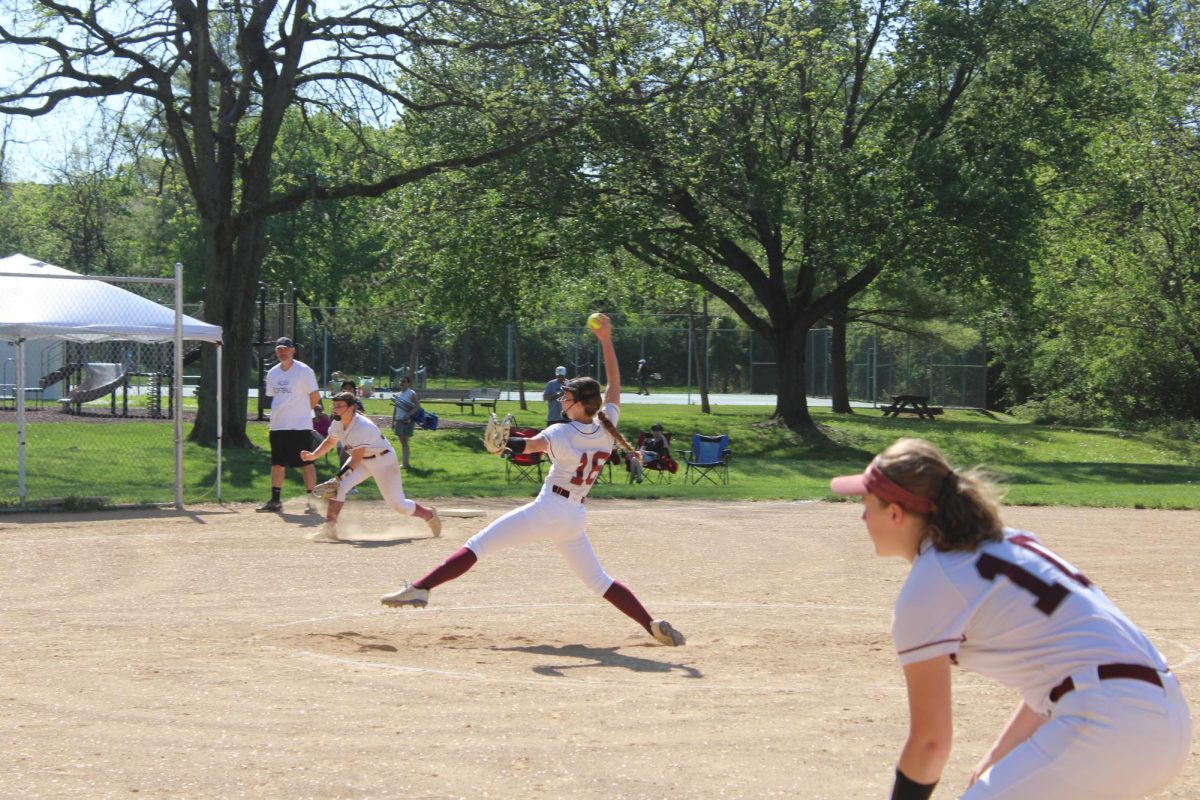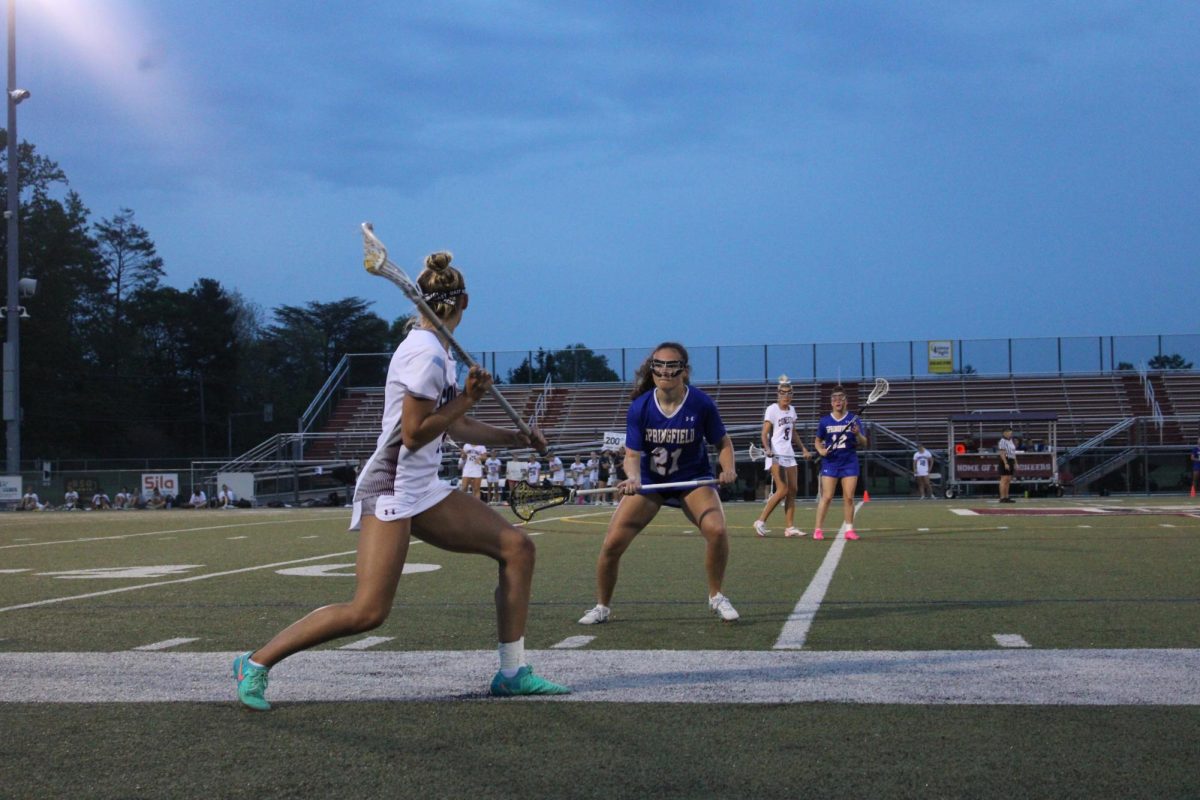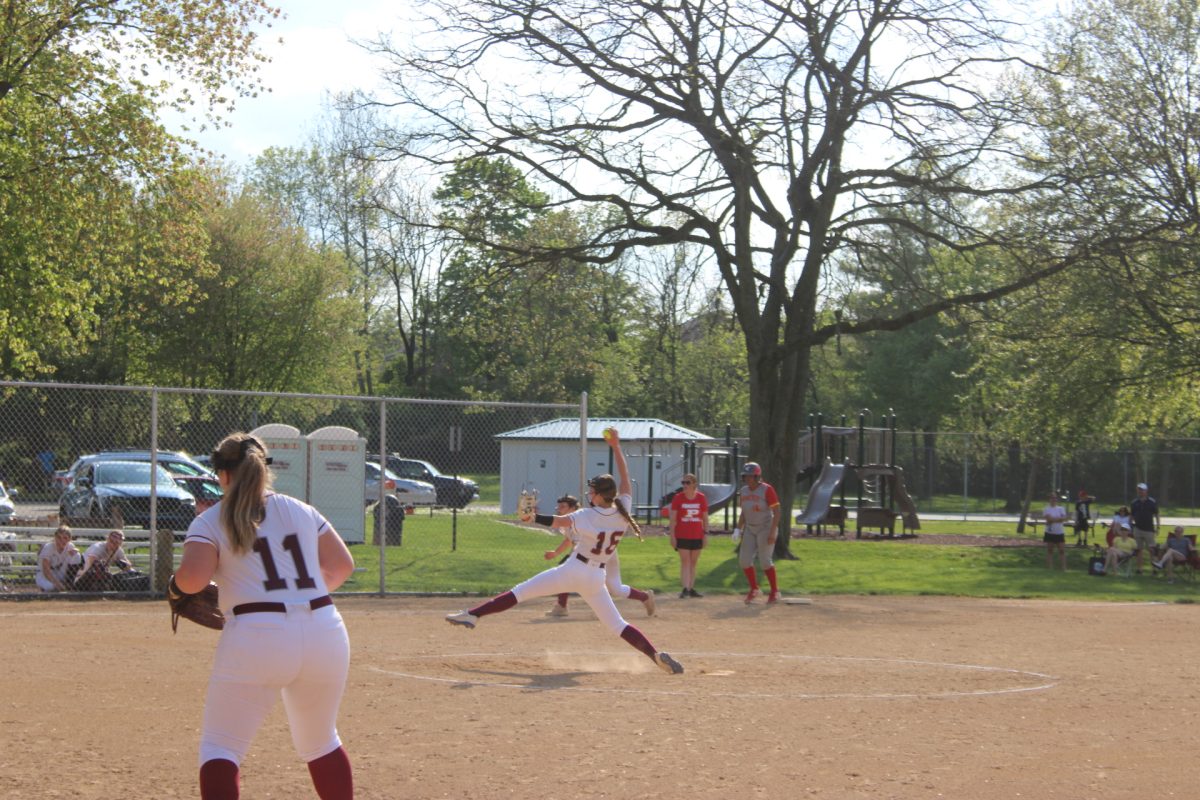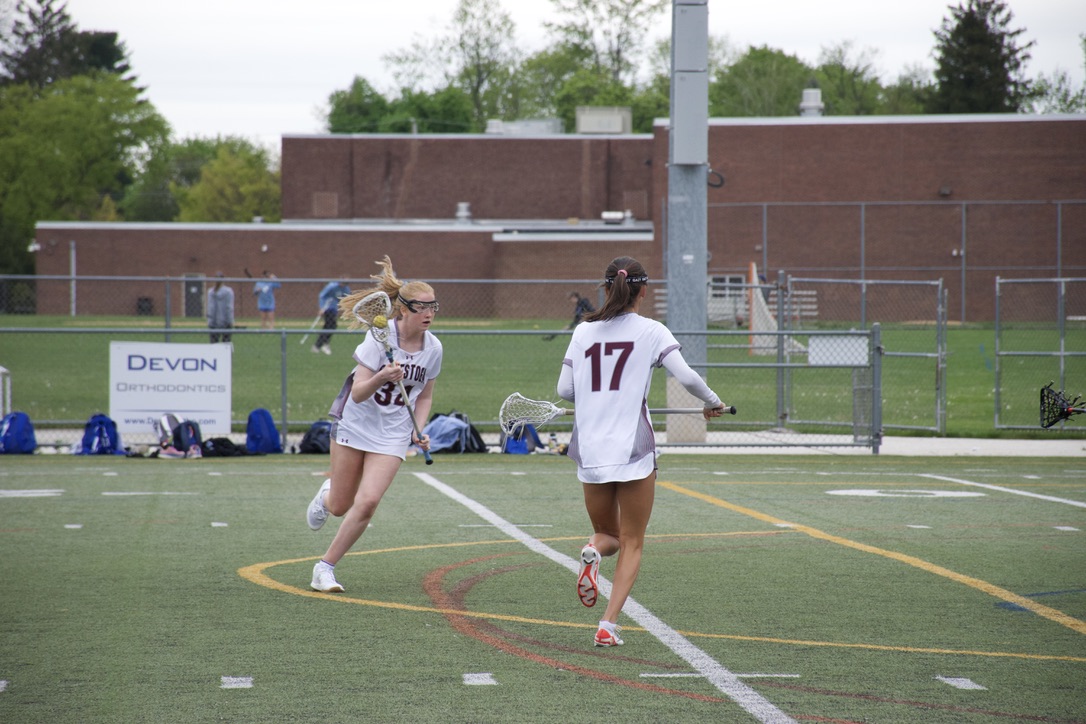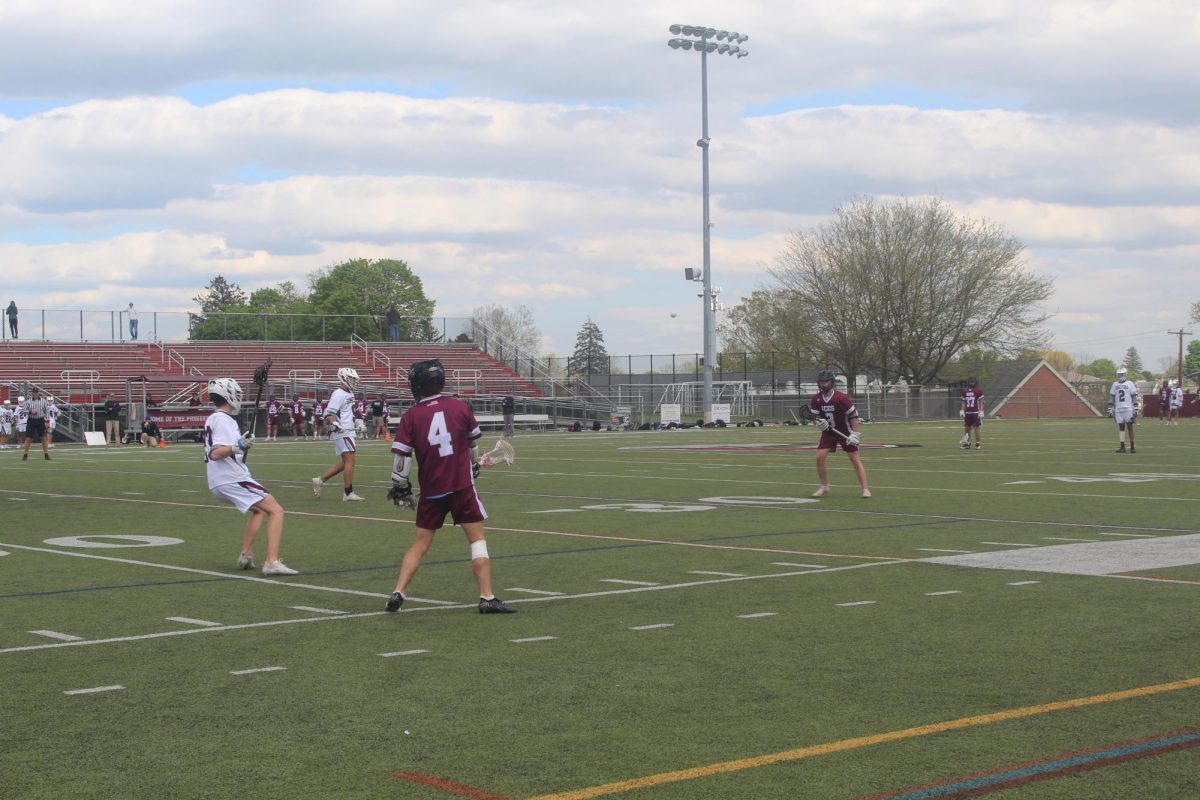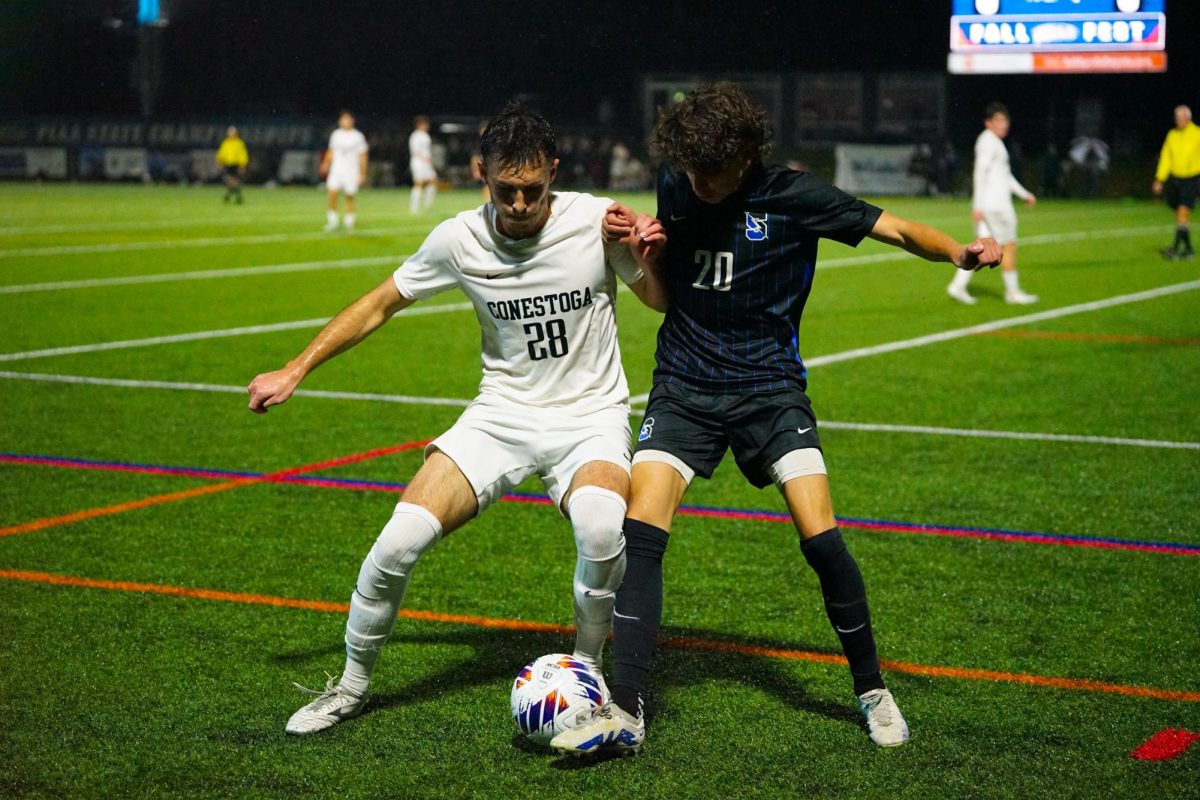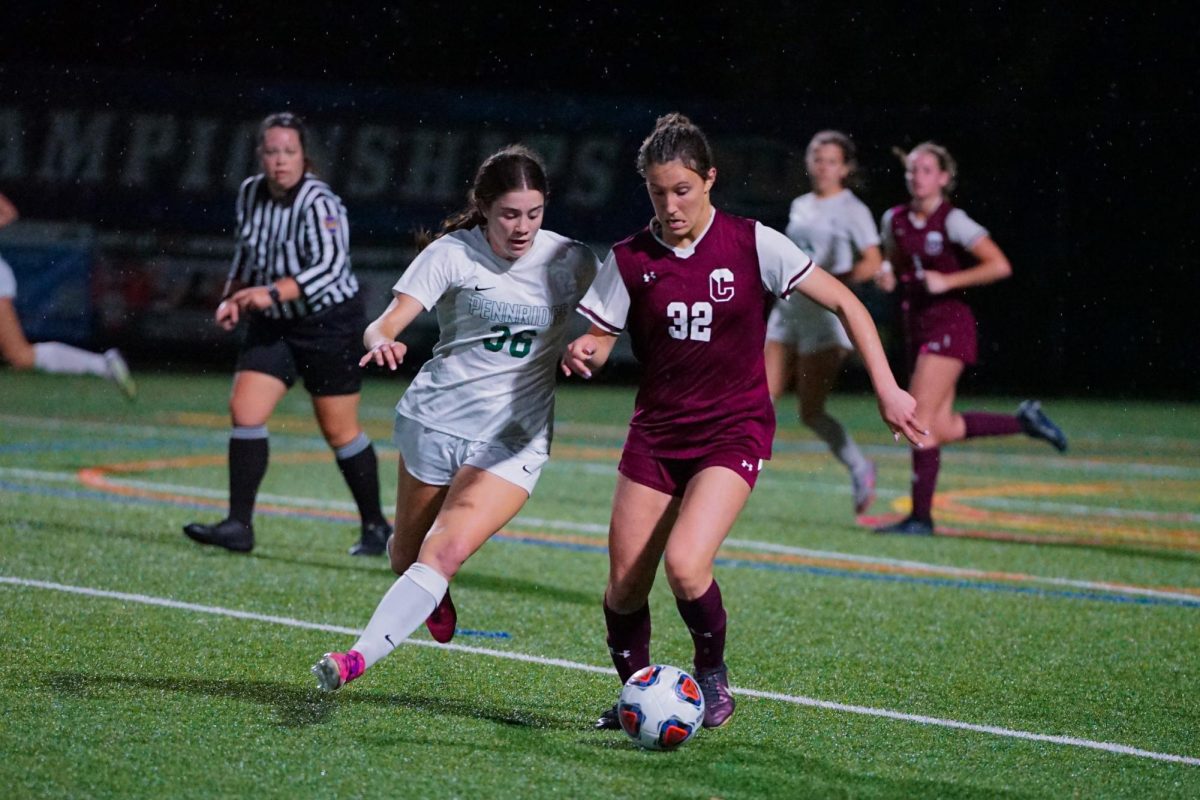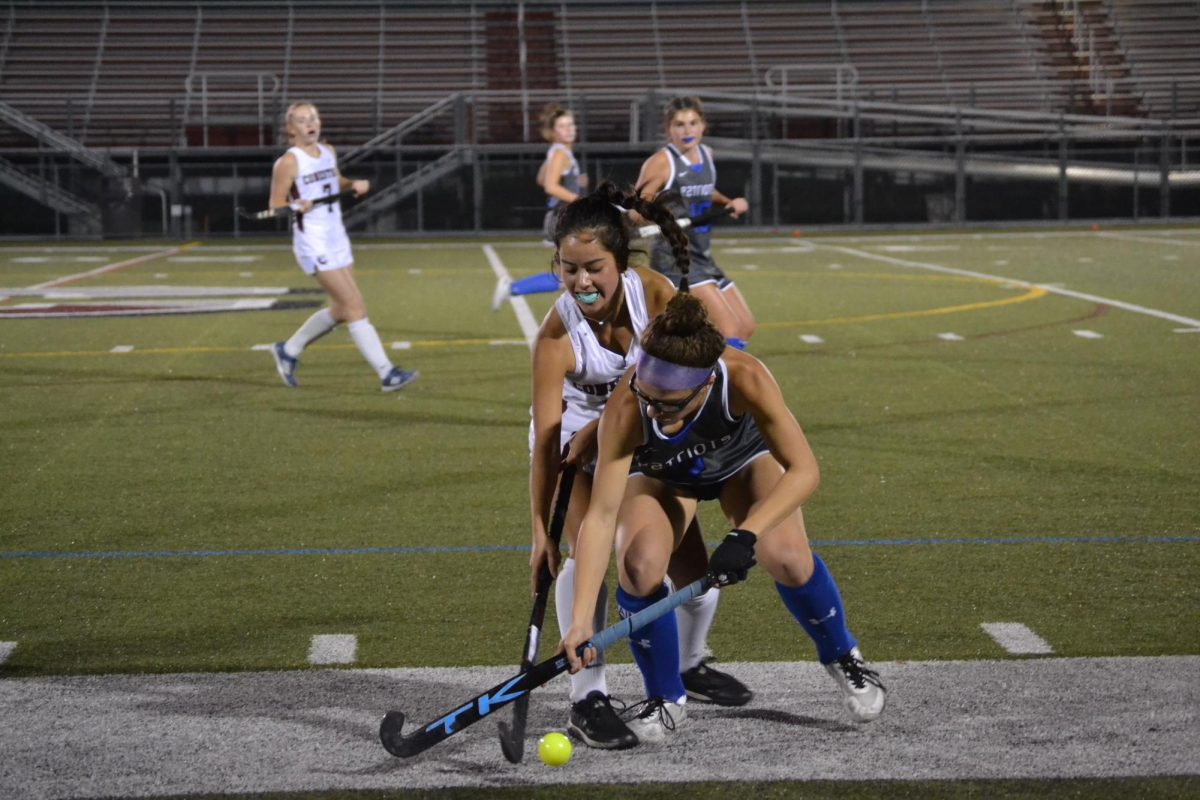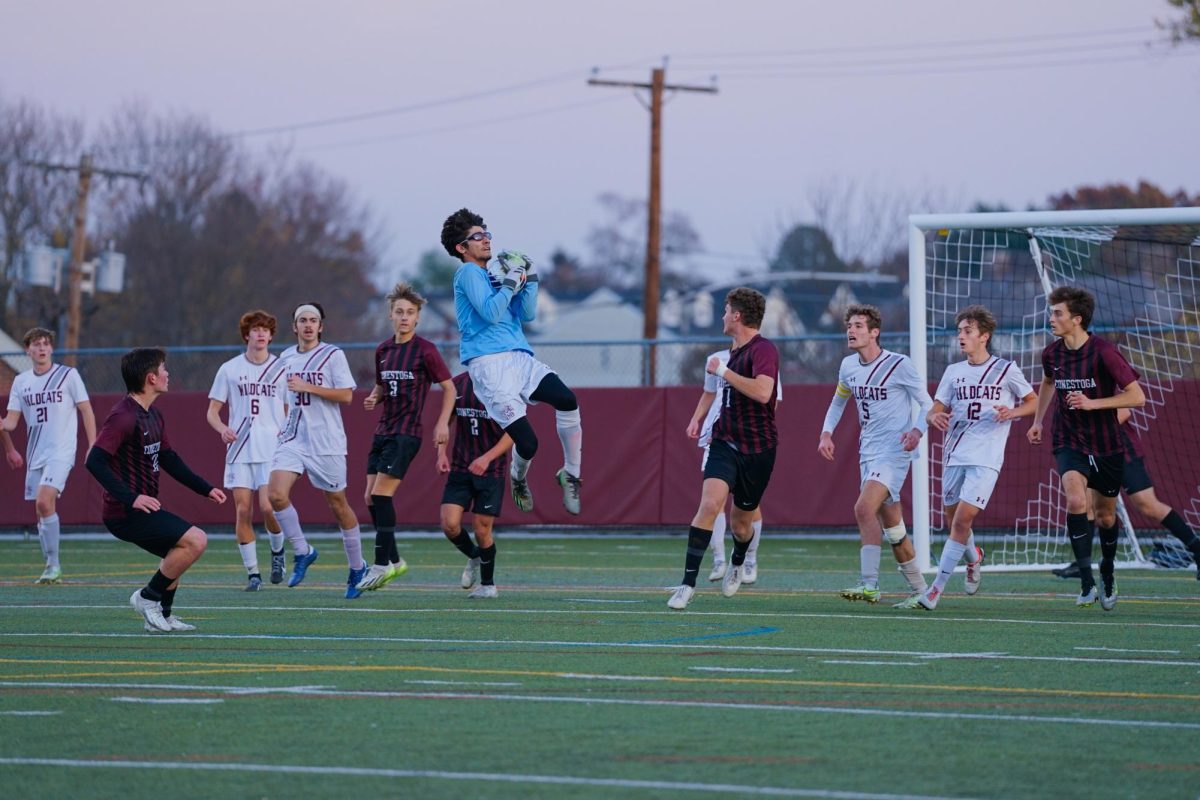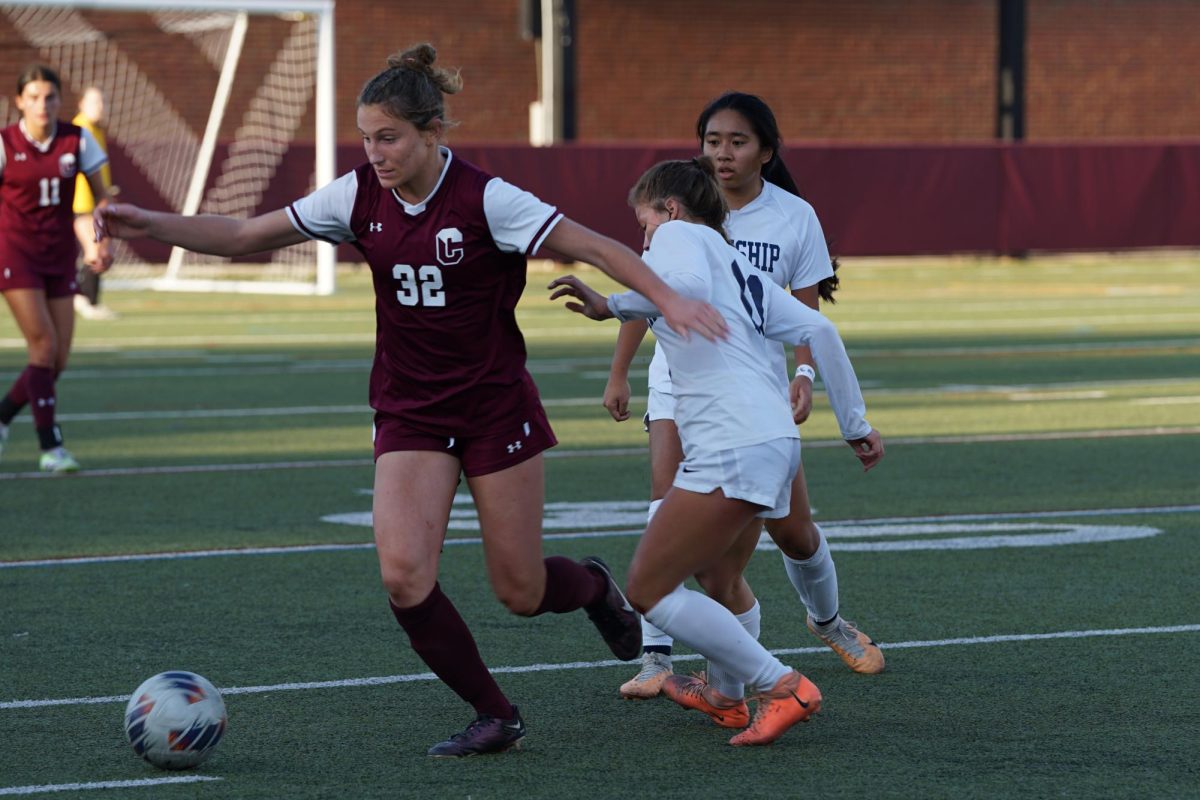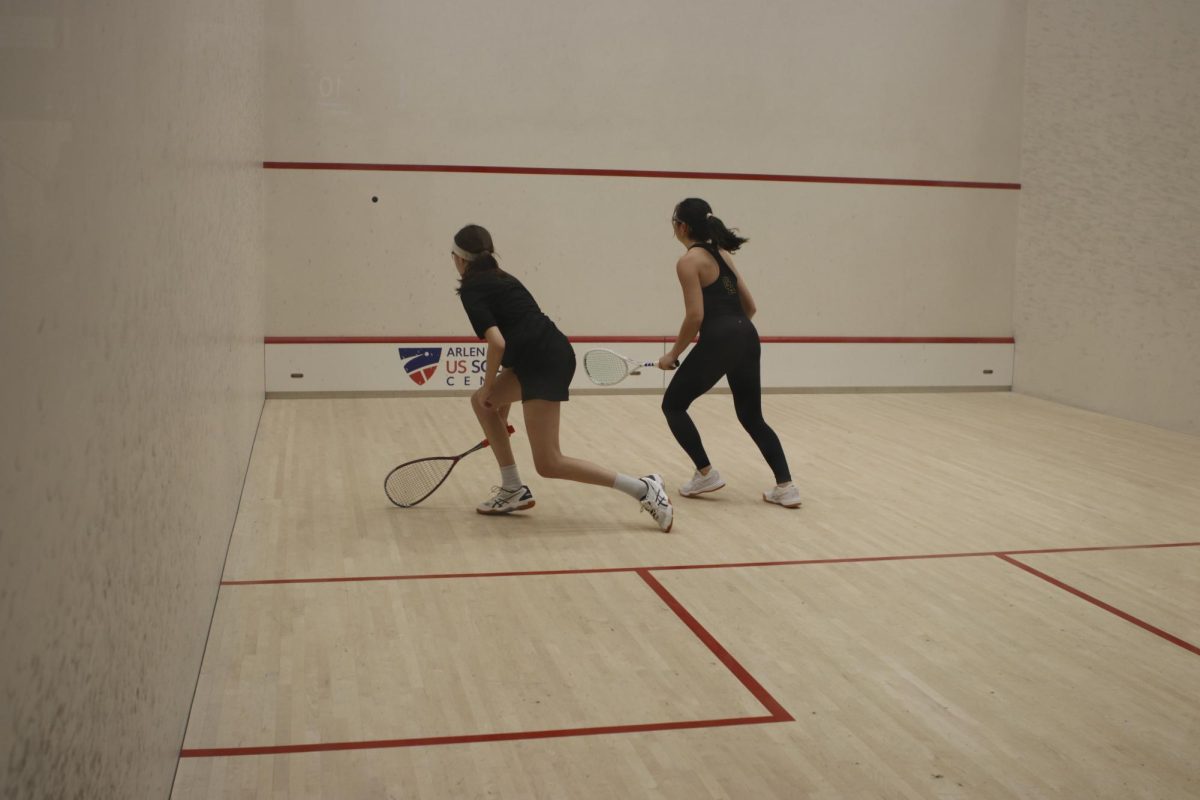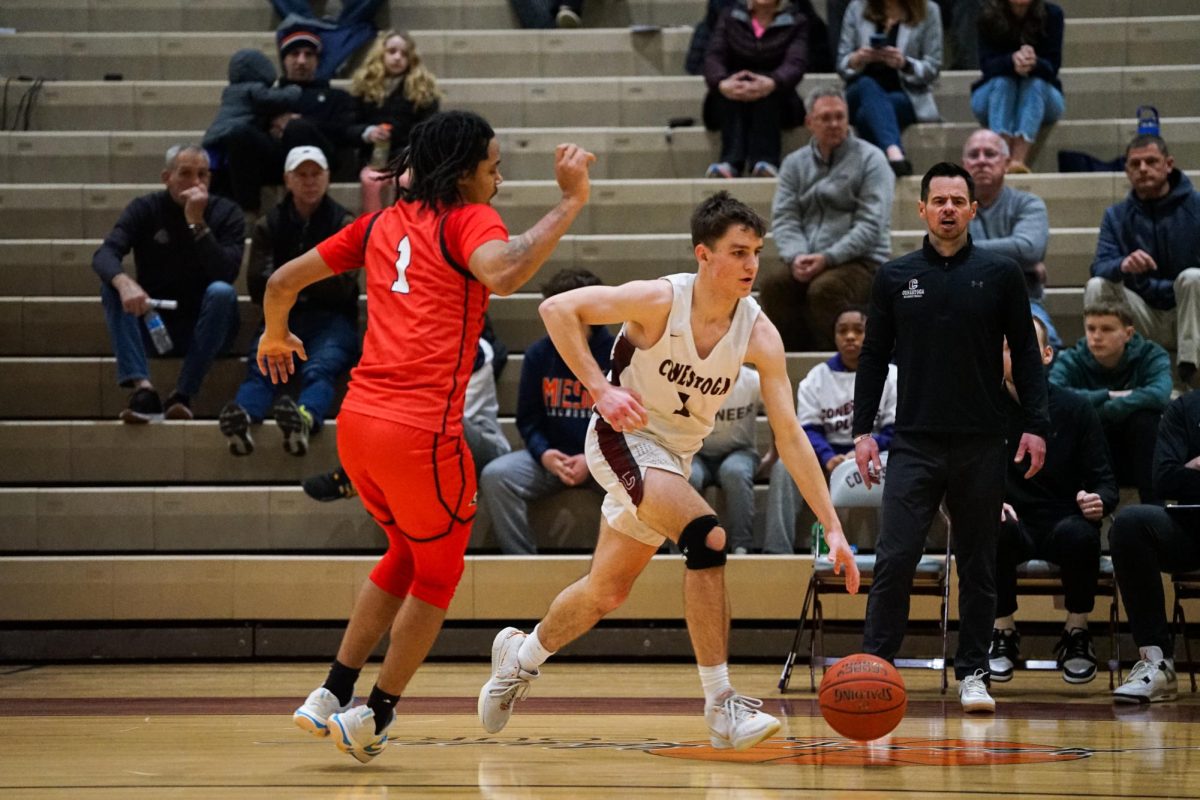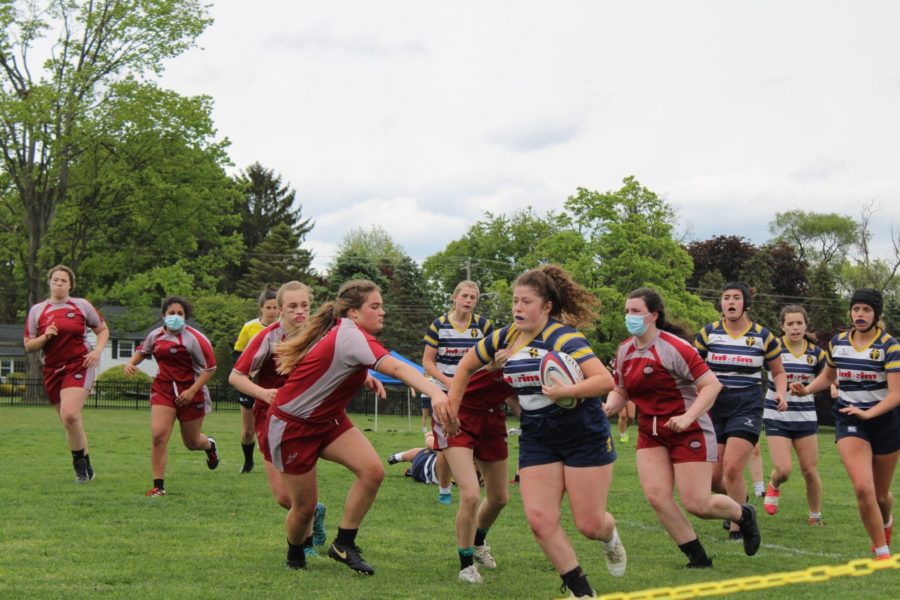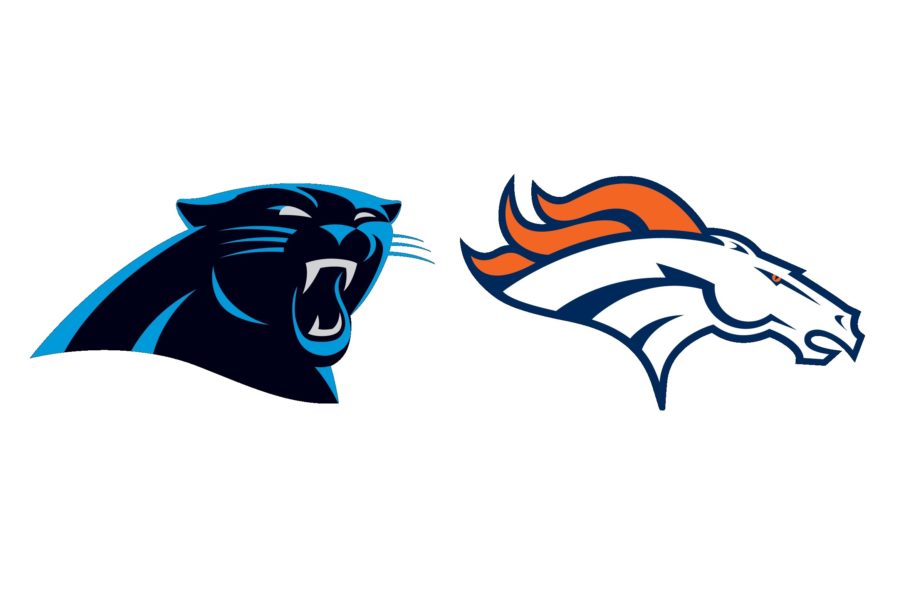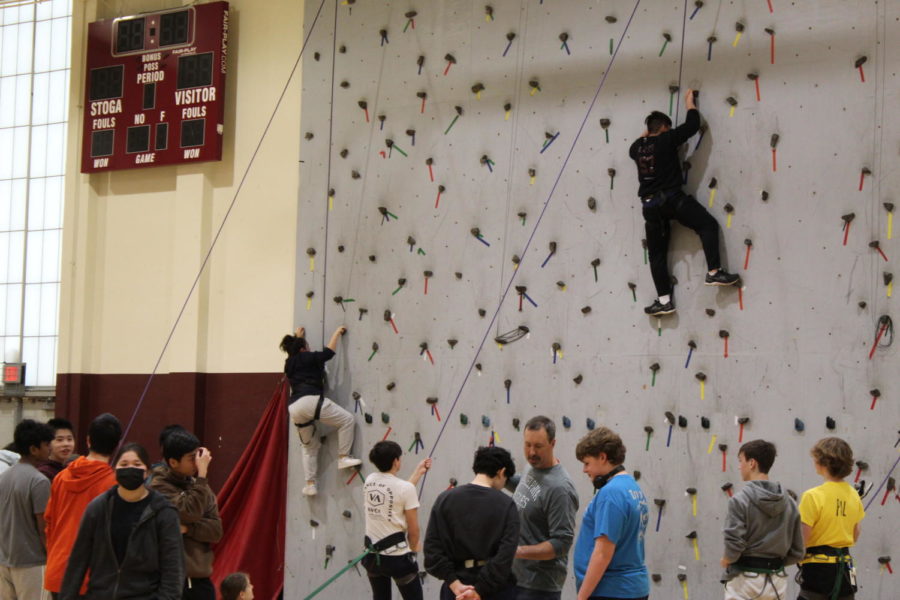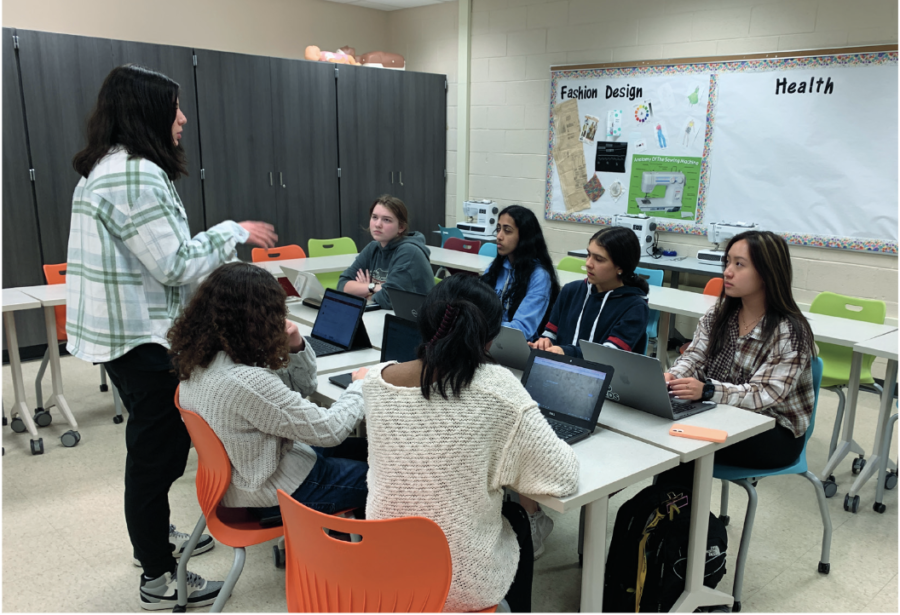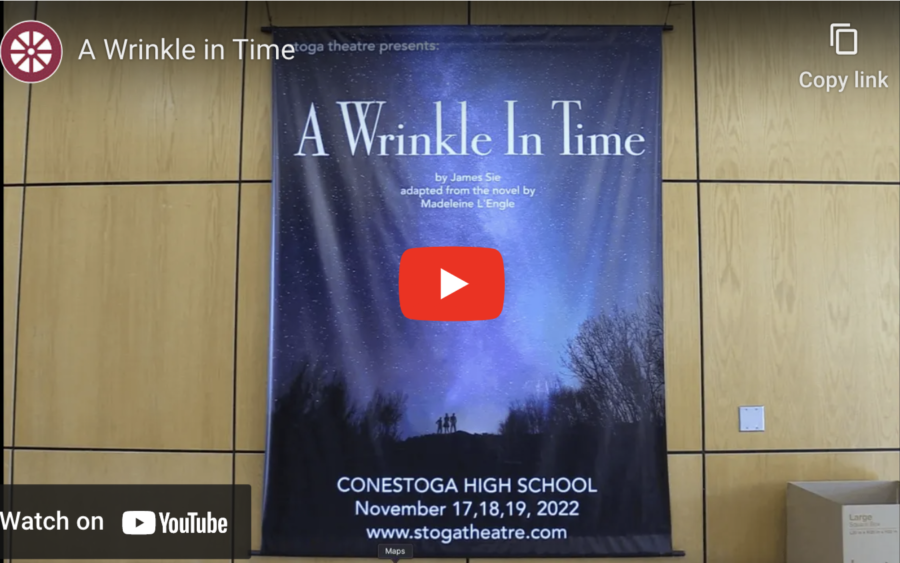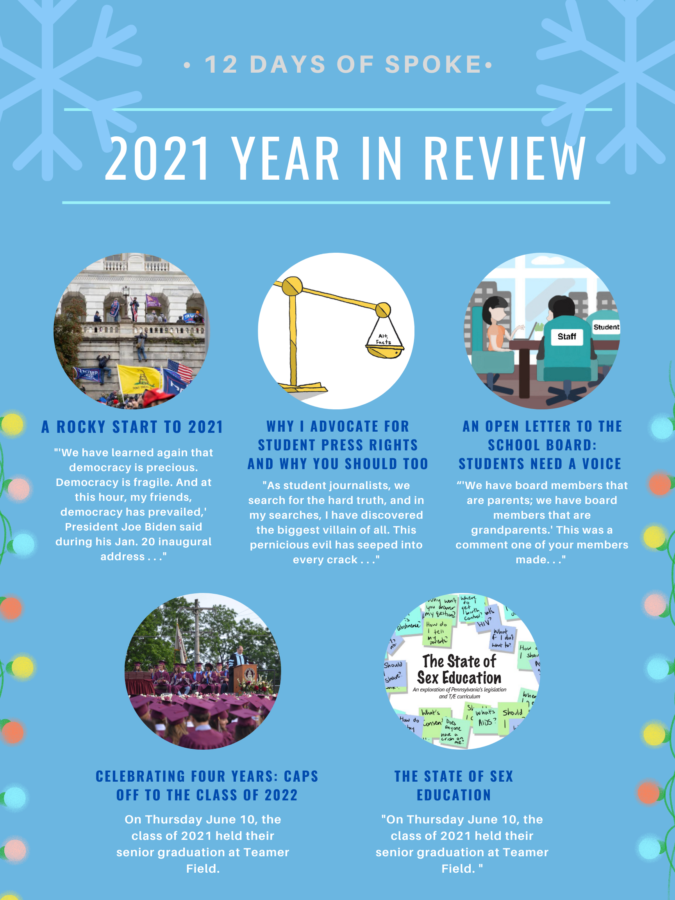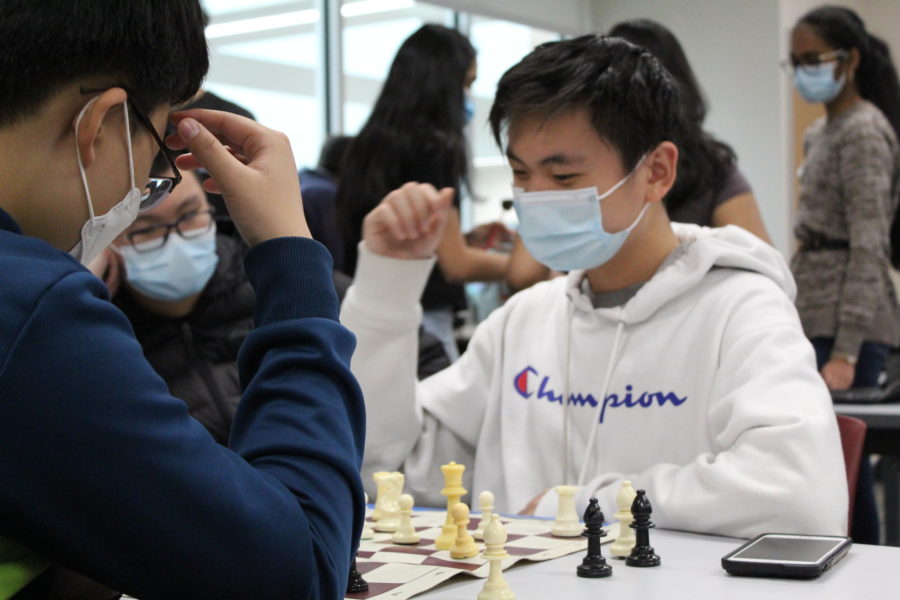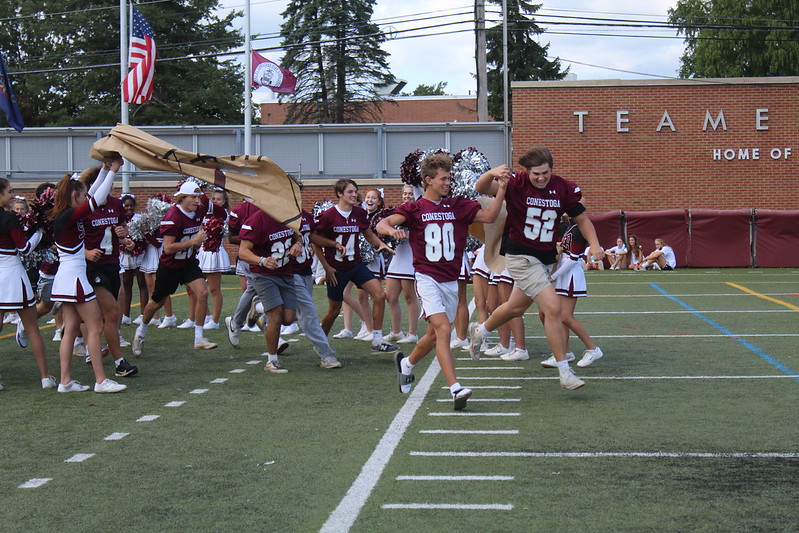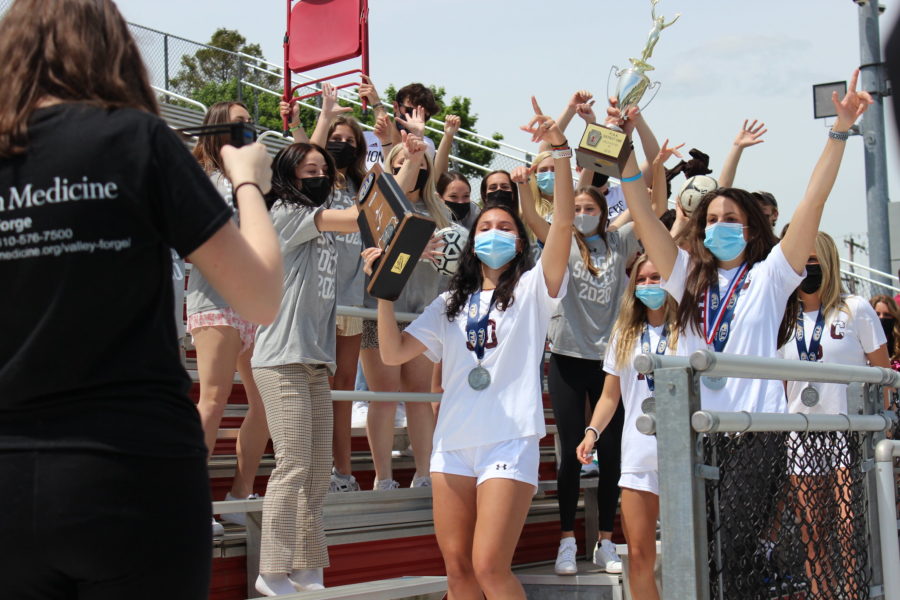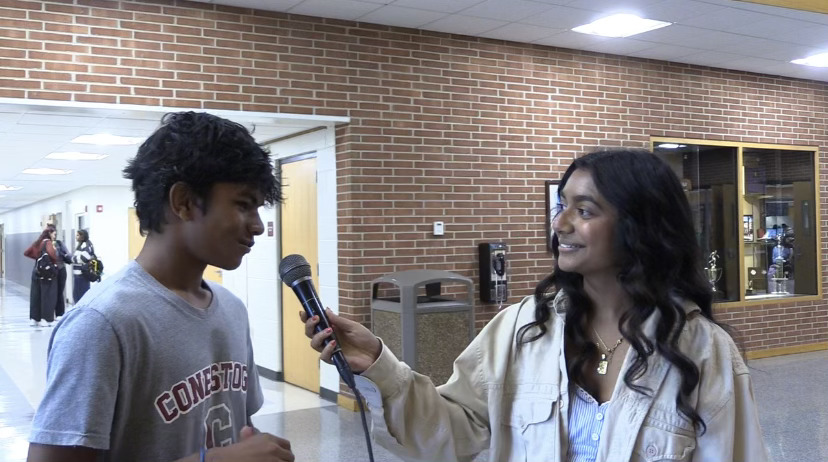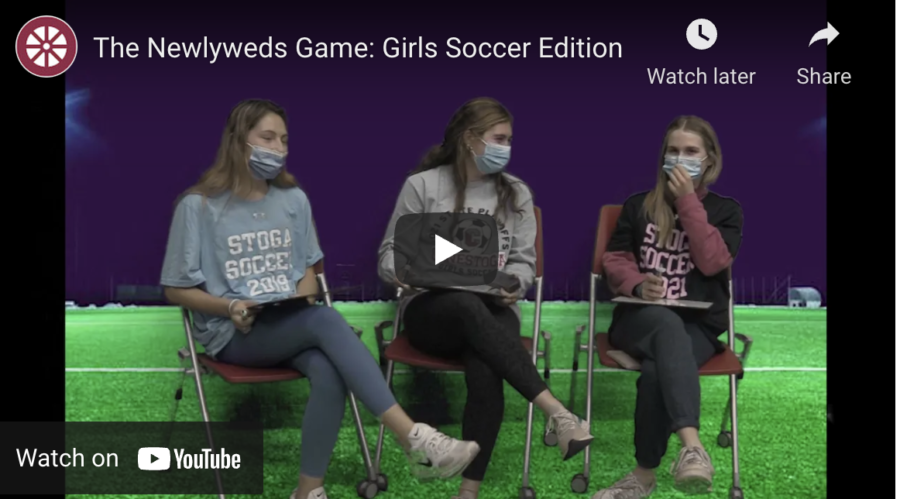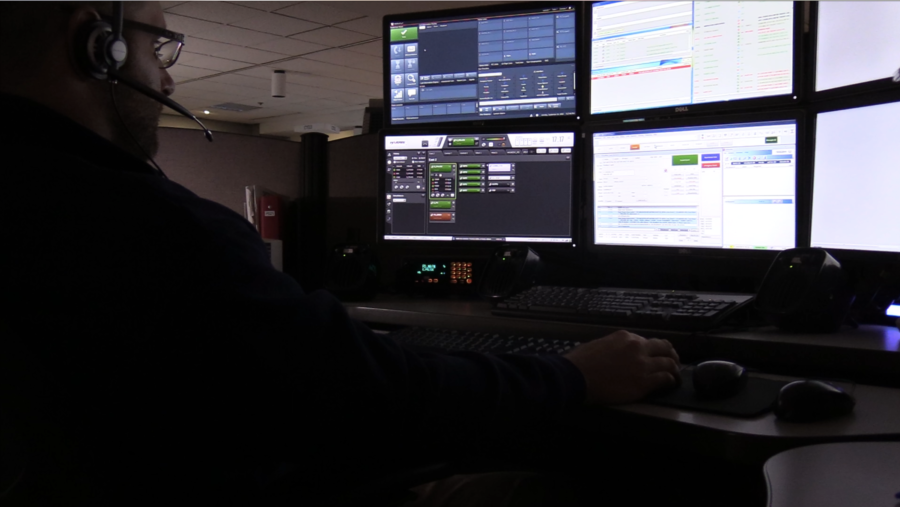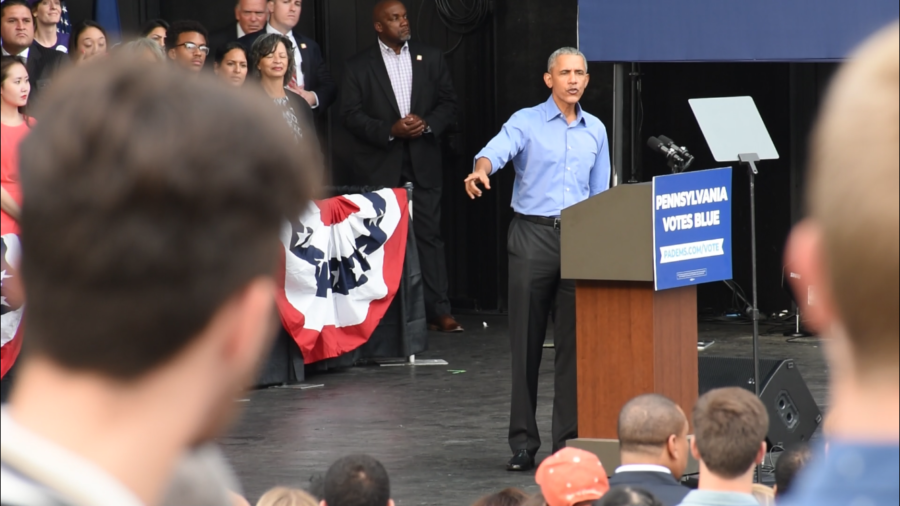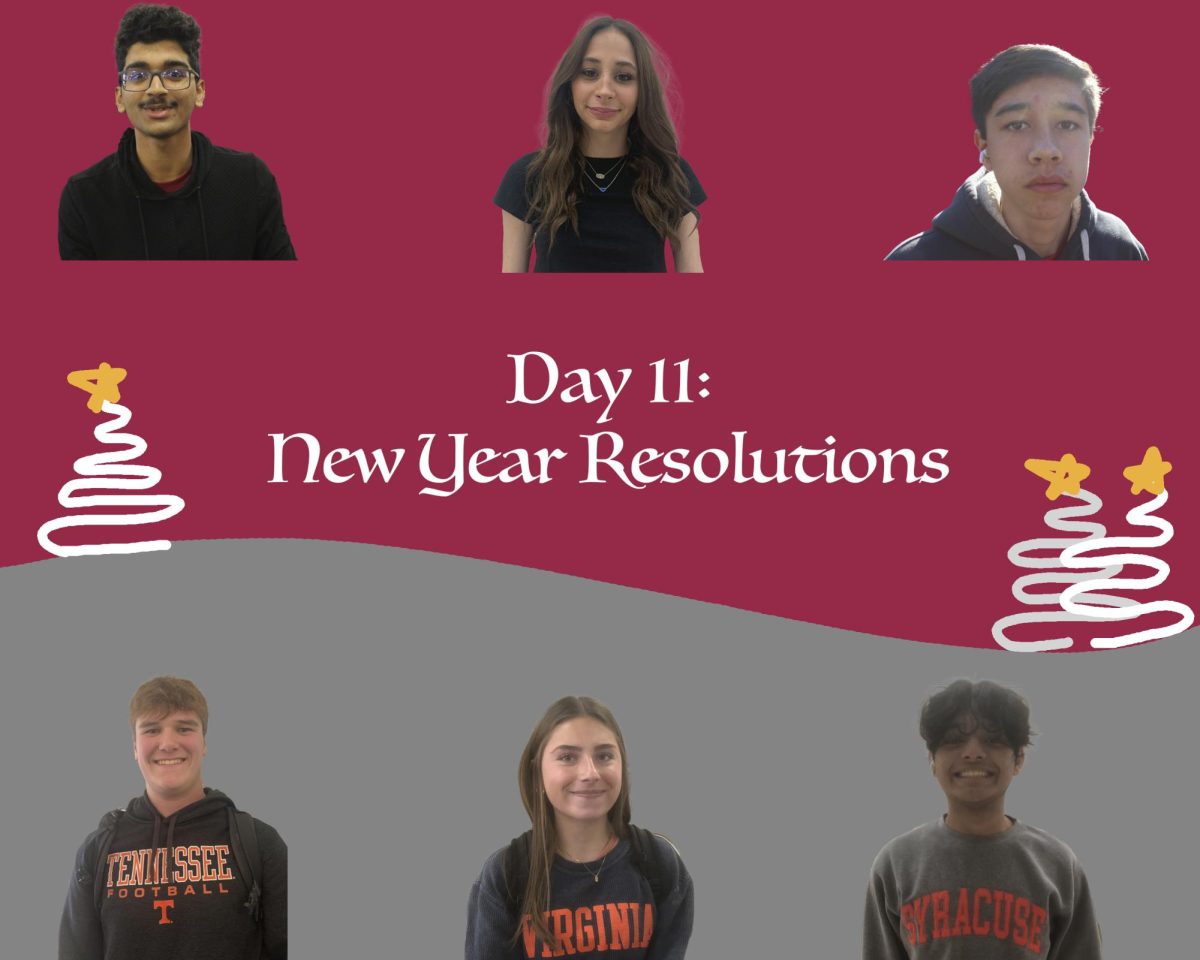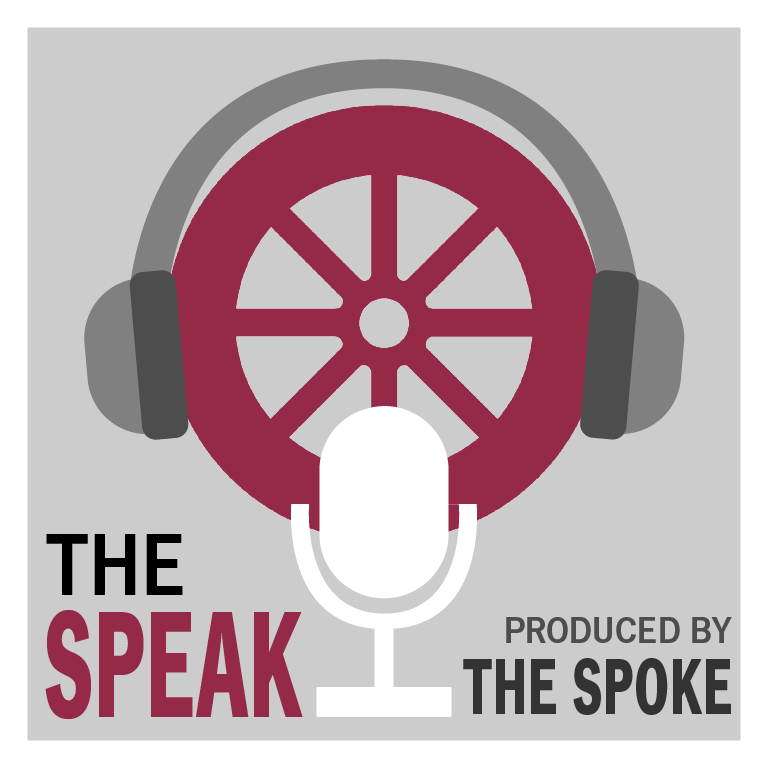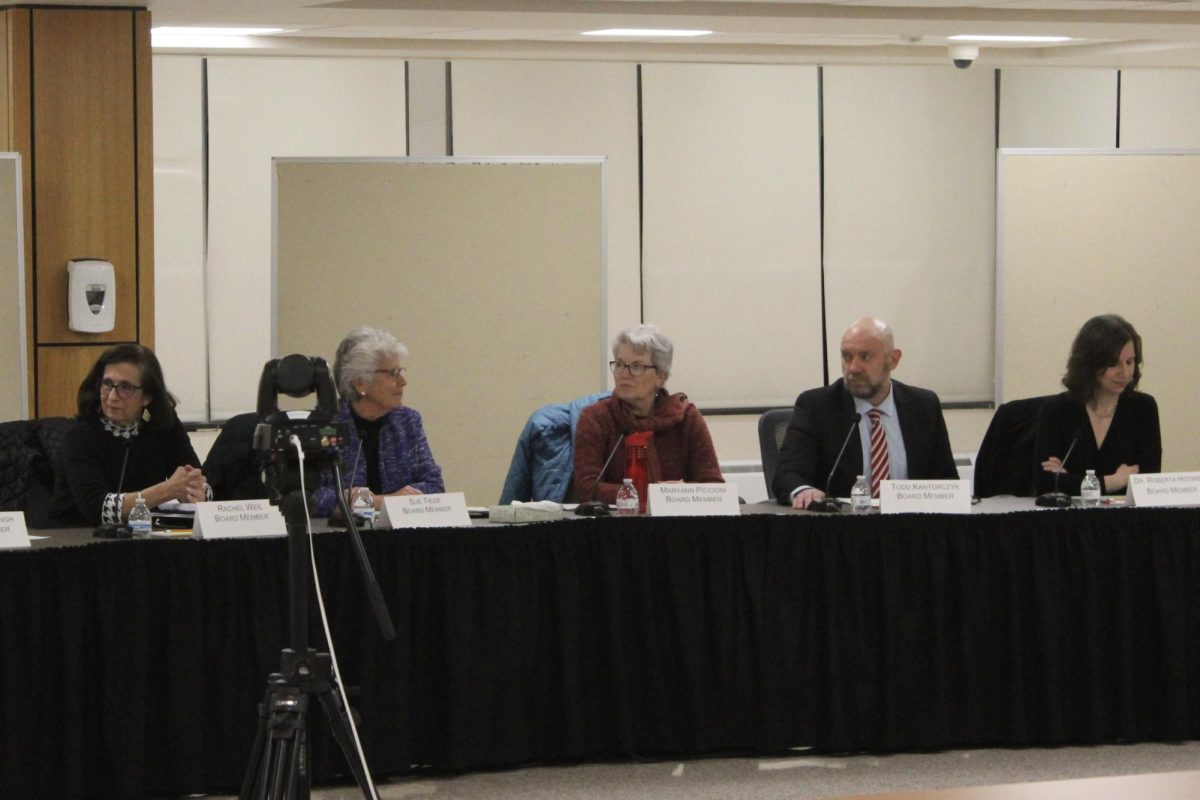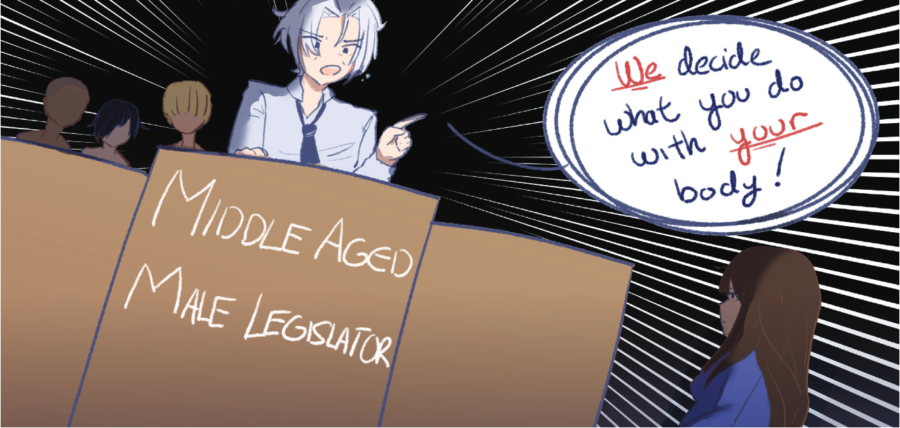The Spoke Editorial board voted unanimously in favor of this piece.
The potential overturning of Roe v. Wade could take away the people’s right to choose what happens to their own bodies regarding abortions. If the decision is overturned, state governments could place restrictions on personal autonomy, something that no government should be able to do; this decision would take away a liberty that is protected by the Constitution.
Roe v. Wade is a 1973 Supreme Court decision that falls under the Due Process Clause of the Fourteenth Amendment. This protects a person’s right to privacy in making the best decision for themselves — without governmental restriction — upon learning of a pregnancy.
Roe v. Wade was a landmark decision because it protected women’s rights and now that it might be taken away, what’s next? What other rights could be stripped?
The fact that people could lose their access to abortion is merely the surface of the potential decision’s consequences. This draft decision can take away a fundamental right that is protected by the Constitution and sets a precedent that governments can dictate what a person does with their own body.
Any potential outlawing of abortion will only prevent safe abortions; people may take drastic measures and try to self-abort. A study published in 2003 by Guttmacher Institute showed that unsafe abortions were a significant cause of death for women prior to Roe v. Wade. The study also showed that women in racial and socio-economic minority groups were more likely to obtain illegal abortions and experienced higher mortality rates.
If Roe v. Wade is overturned, some states like Texas will limit abortion laws to make them situational. Abortions may only be allowed if a person’s life is at risk from childbirth. But circumstances should not dictate people’s choice. Married or unmarried, victim or not, no matter what a person’s situation is, they have a right to choose what is best for them when they get pregnant. It is their body, their choice.
Others argue that abortion goes against their religious beliefs. They say that abortion is murder and a moral evil. However, one of the founding principles of this country is the separation of church and state; religious beliefs have absolutely no place in legislation.
Although this draft decision does not directly impose restrictions on abortion, it leaves it up to state governments to decide and harbors the potential for state governments to impose harsh restrictions on abortion. If people protest, sign petitions and exercise their right to vote by electing pro-choice officials, they can prevent state governments from imposing restrictions on what people do with their bodies.
It is our body, our choice and our fundamental liberty to choose what happens with our body.
